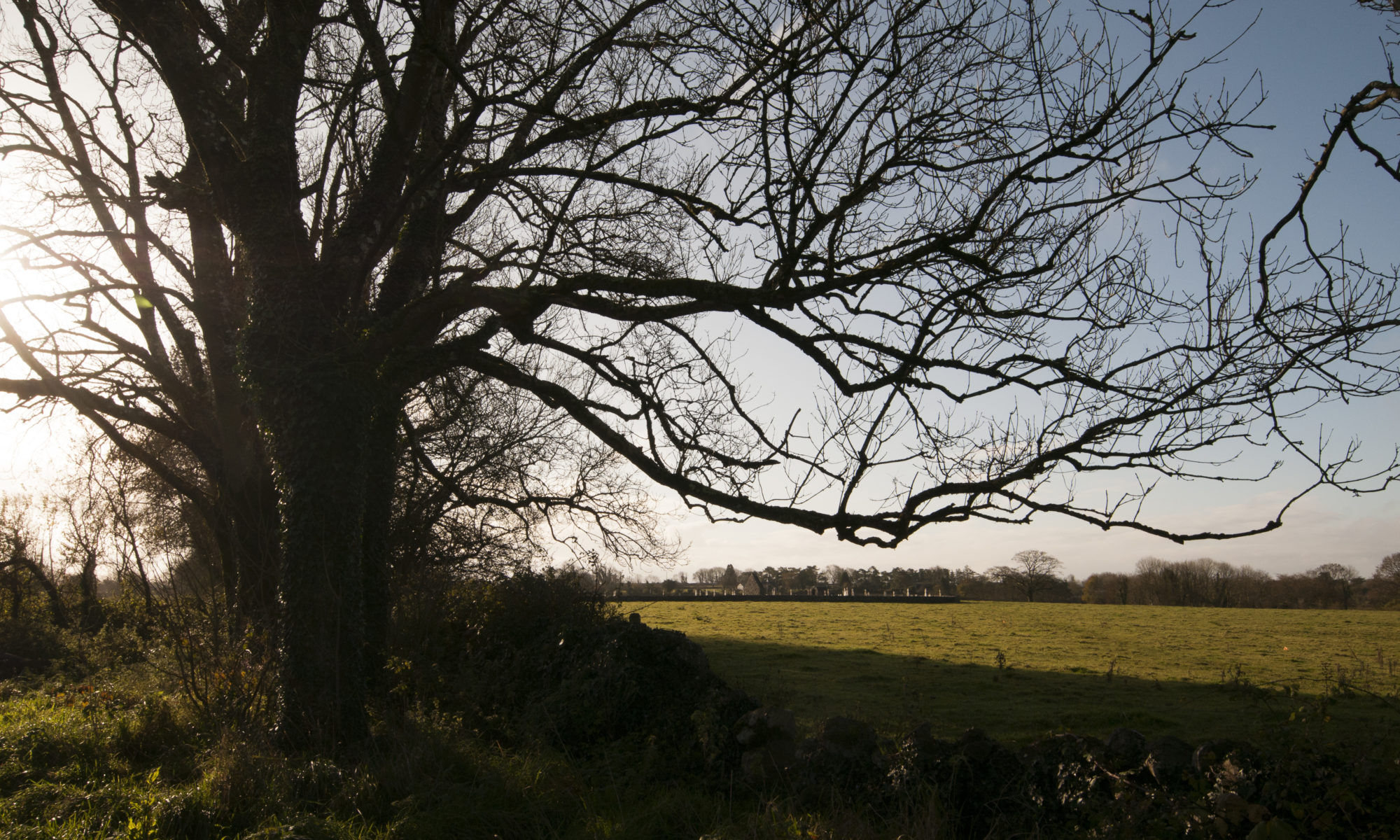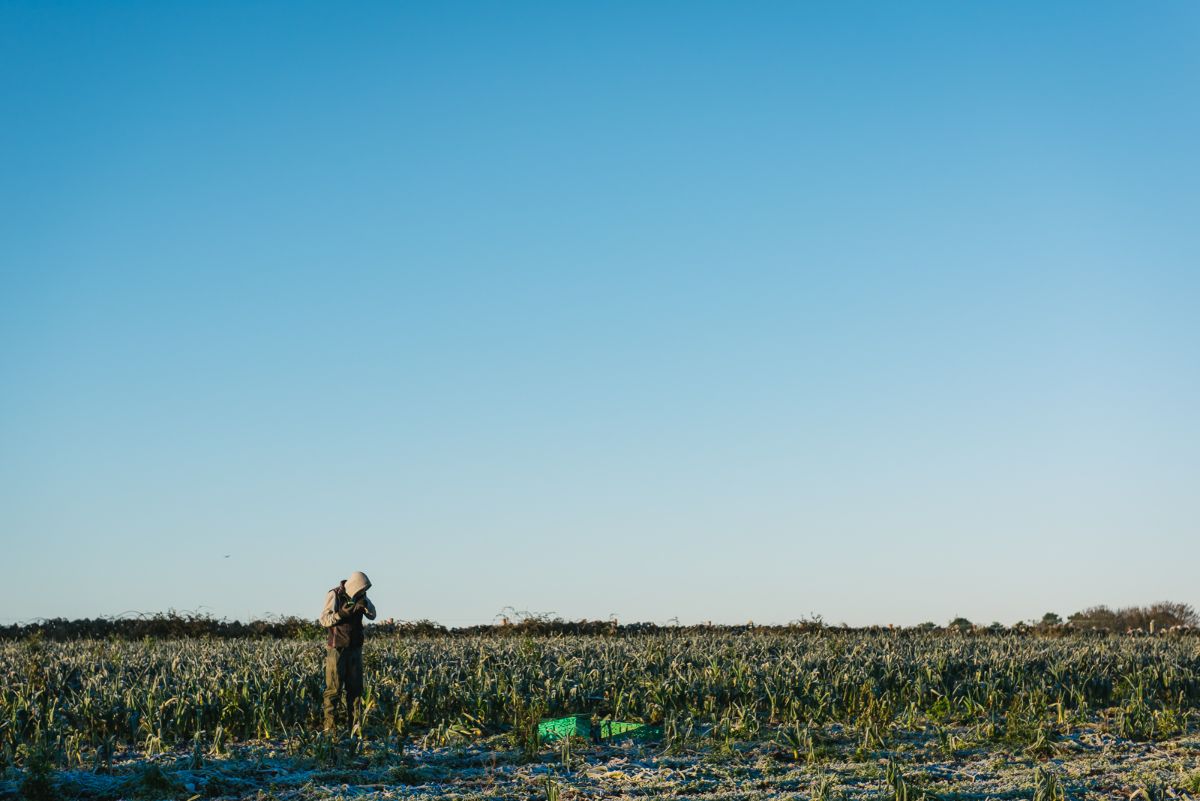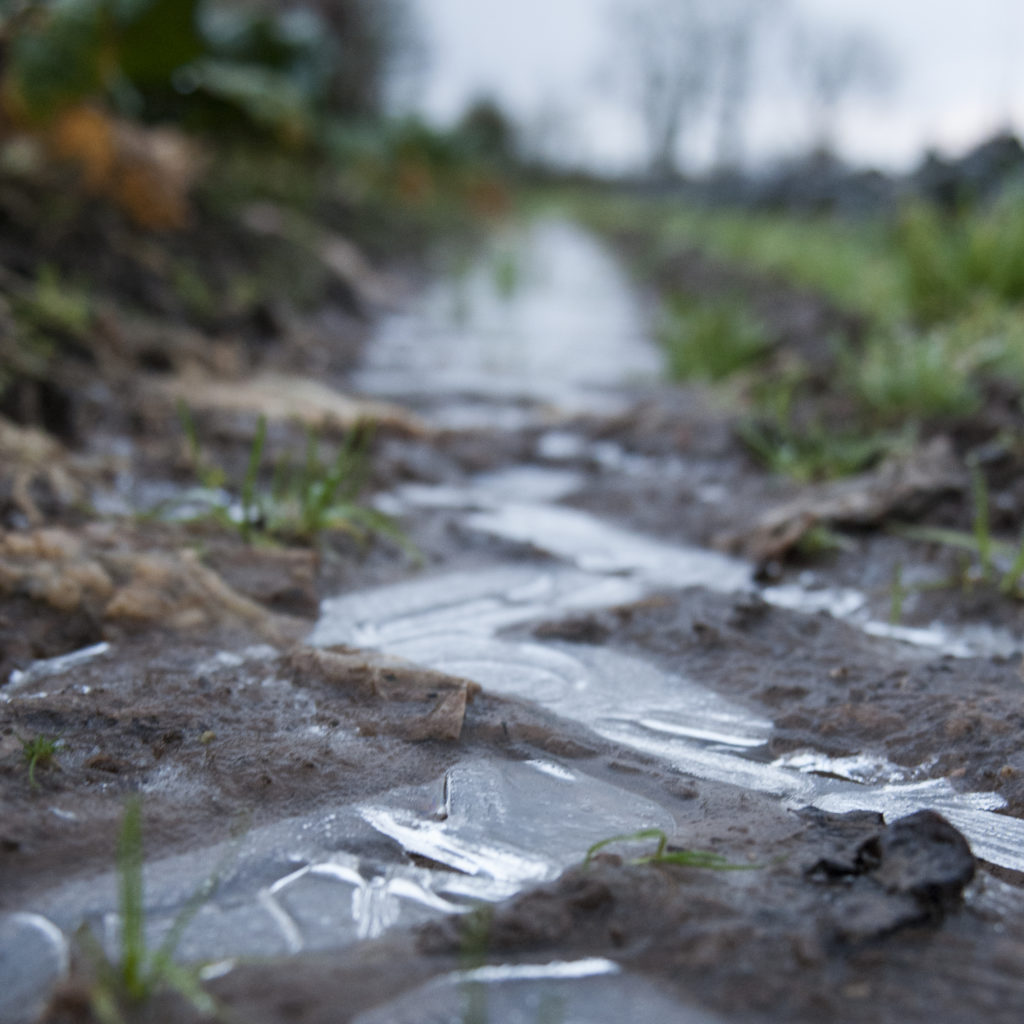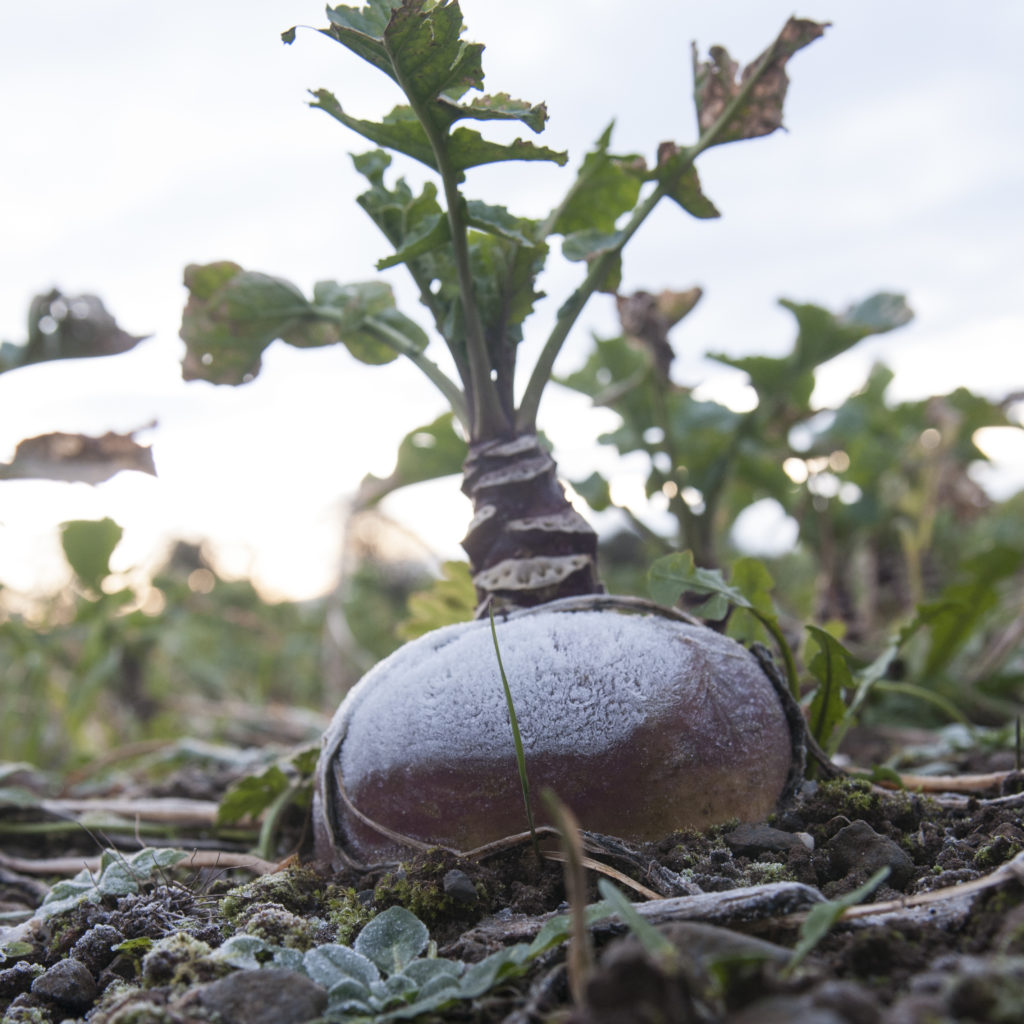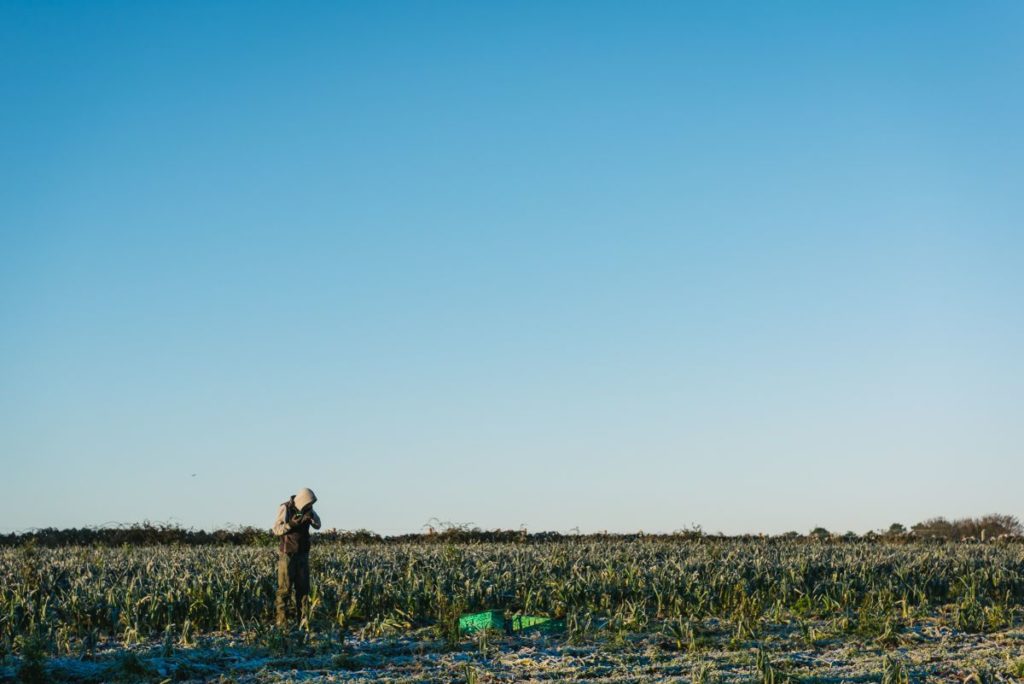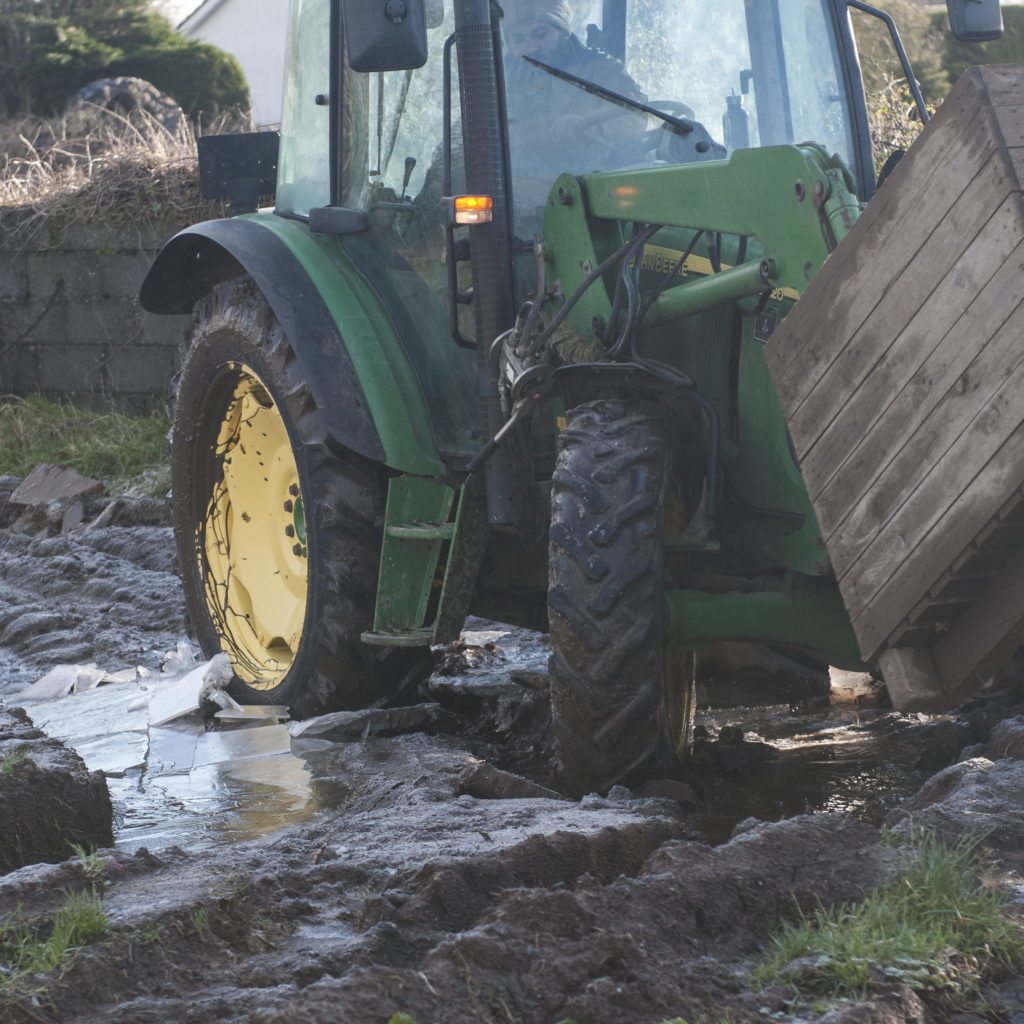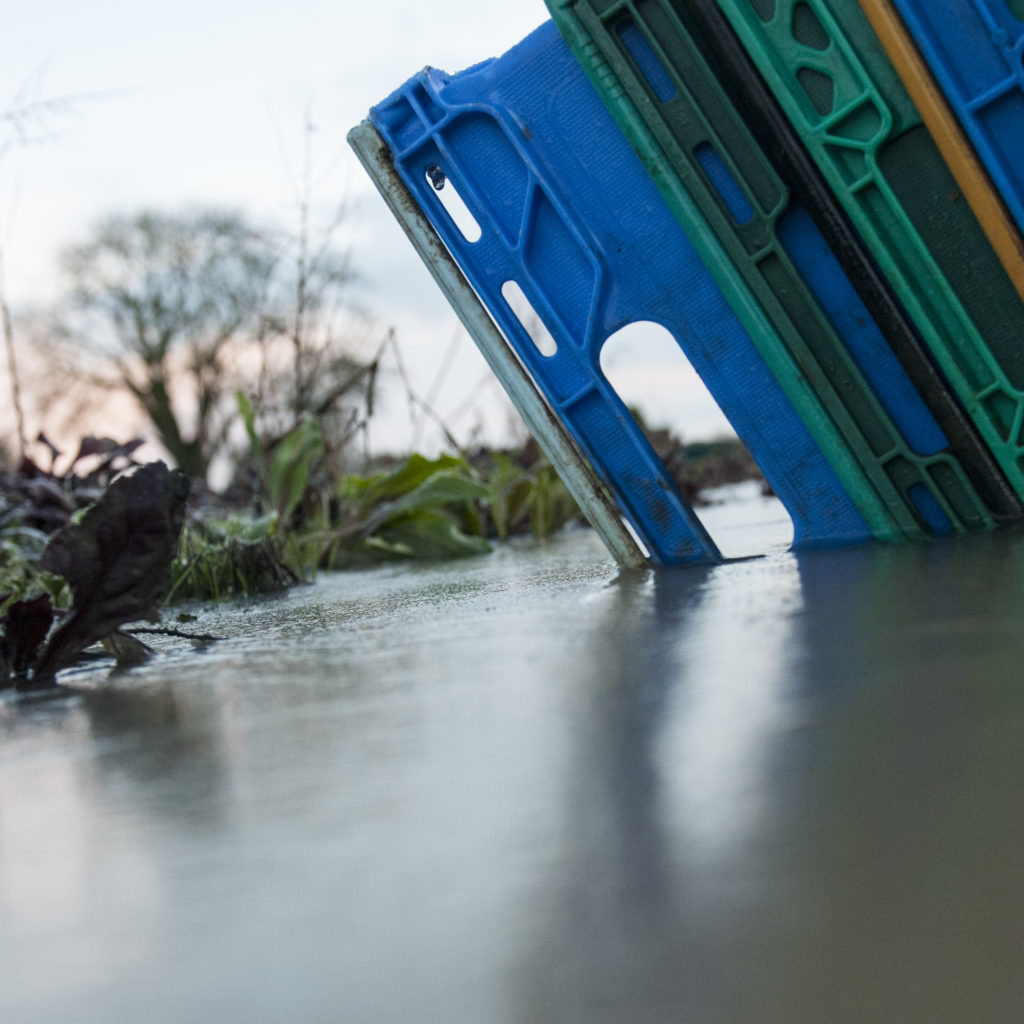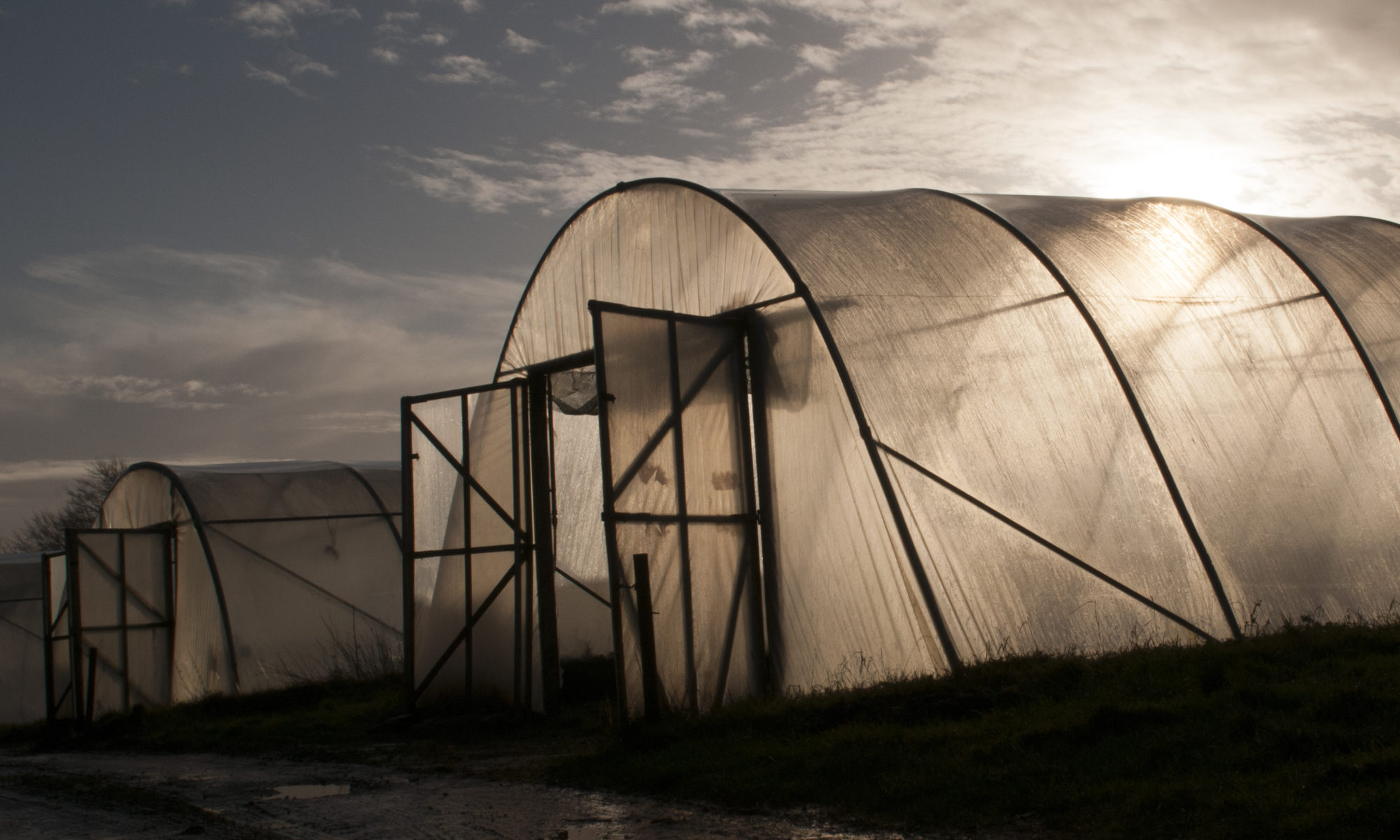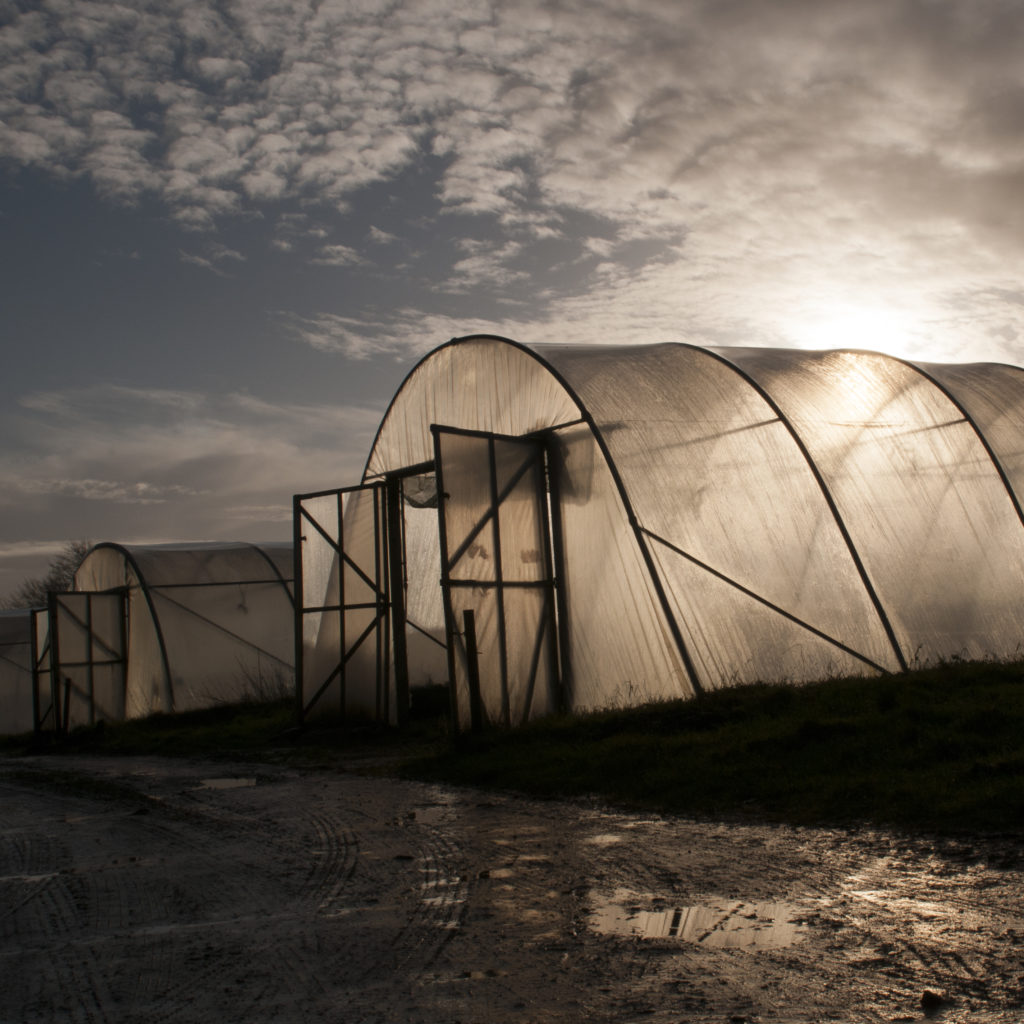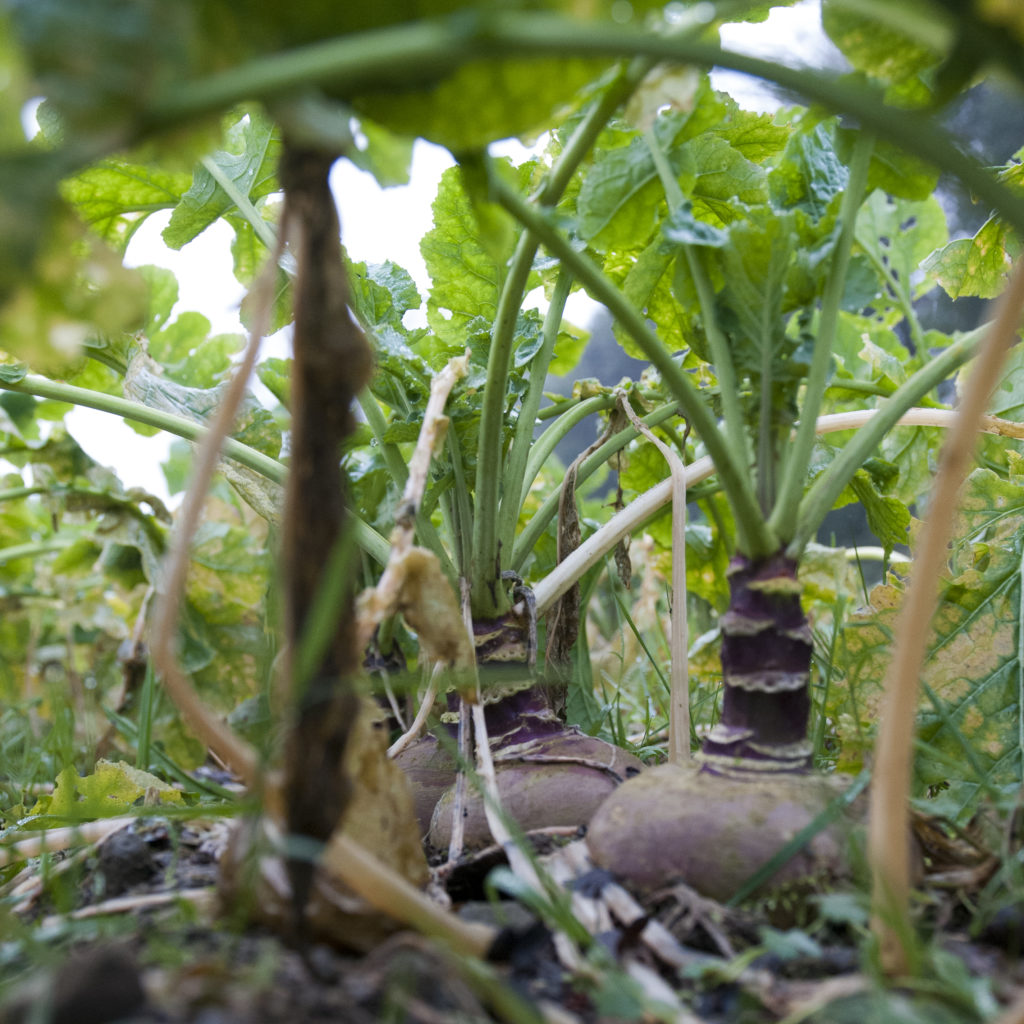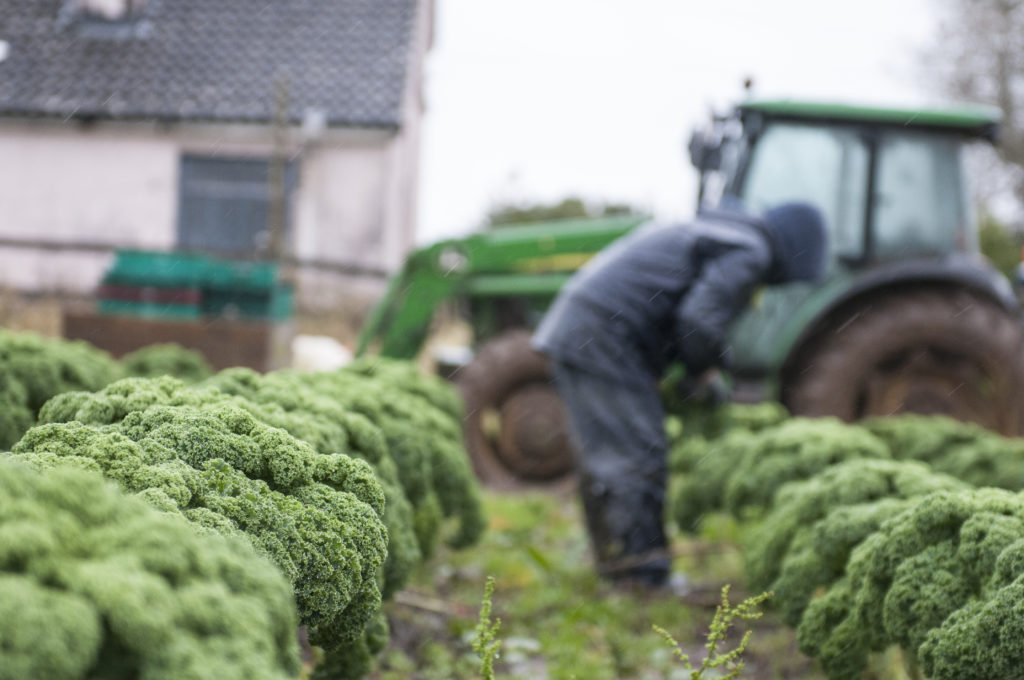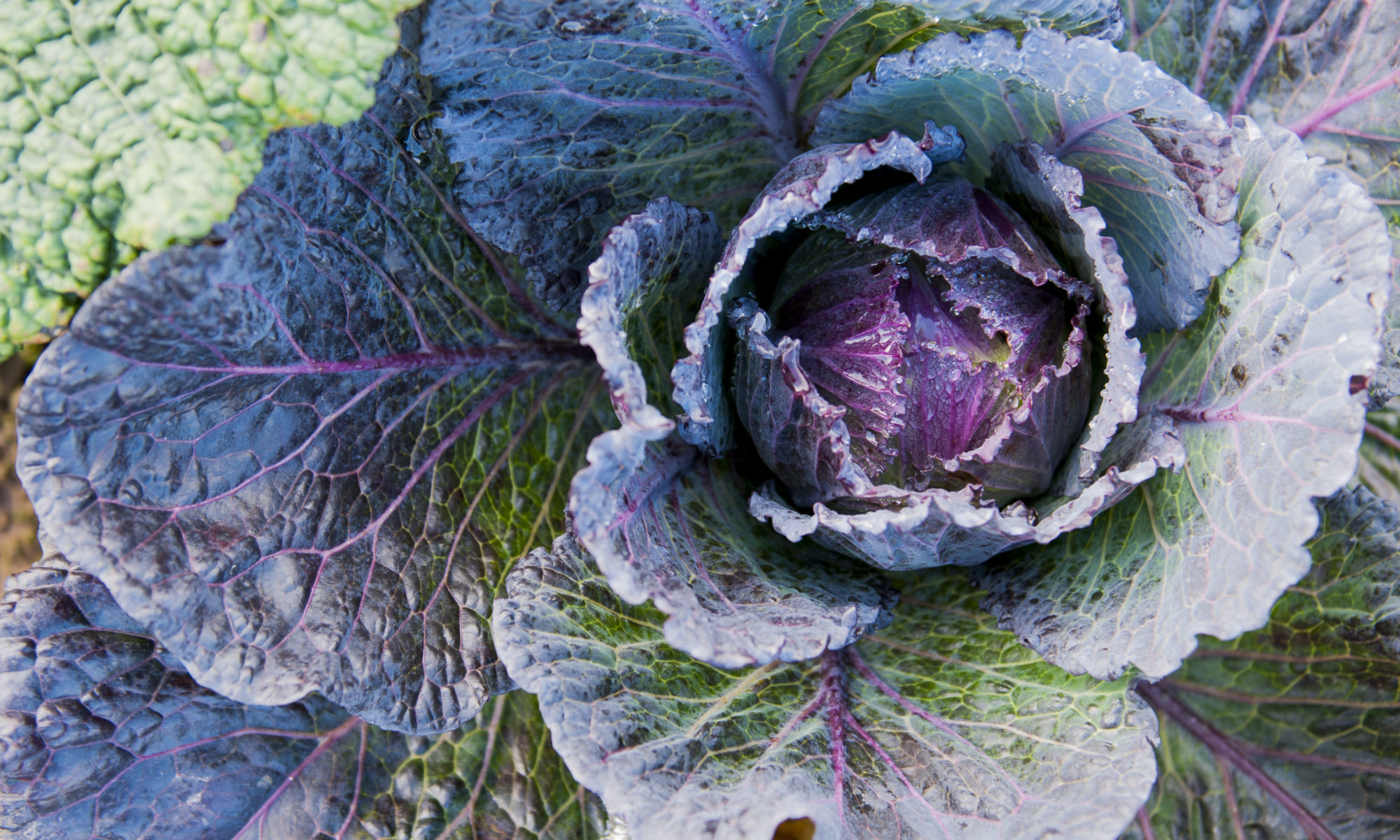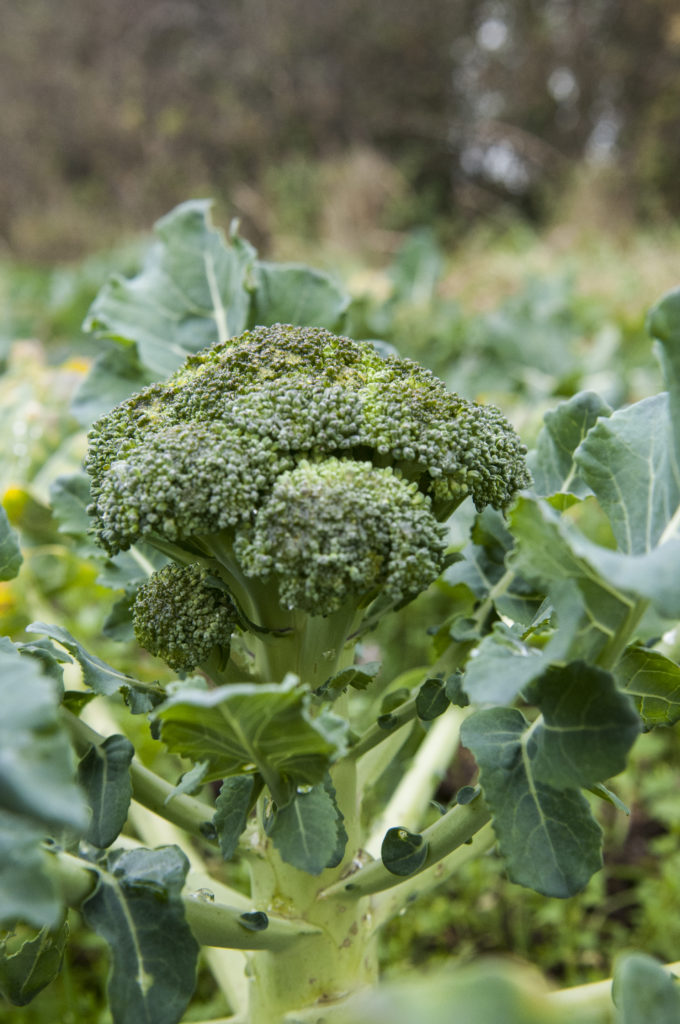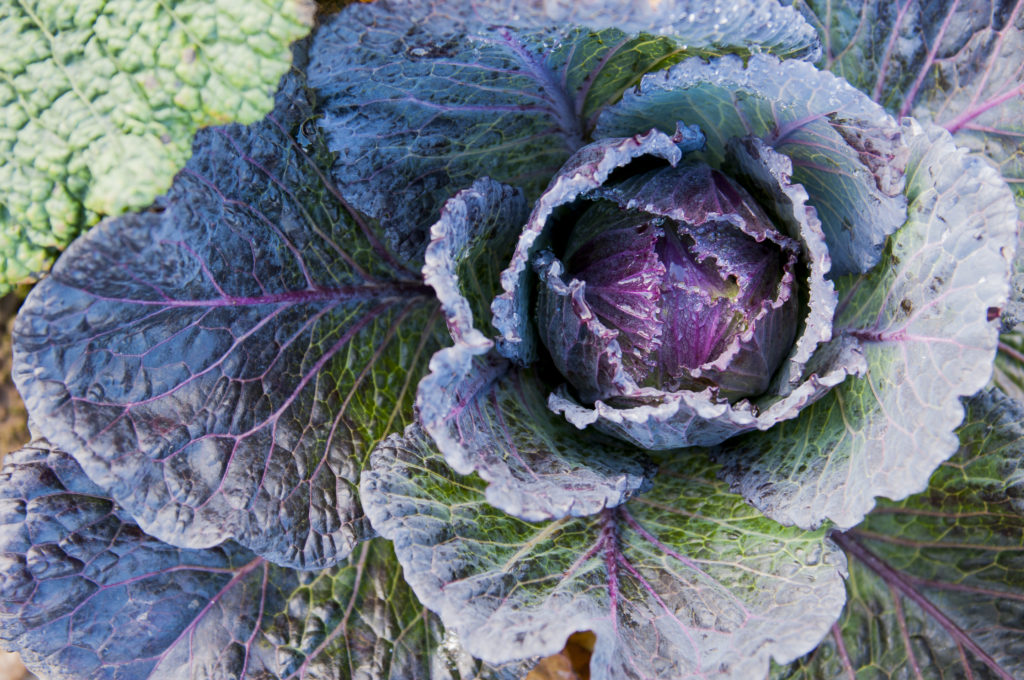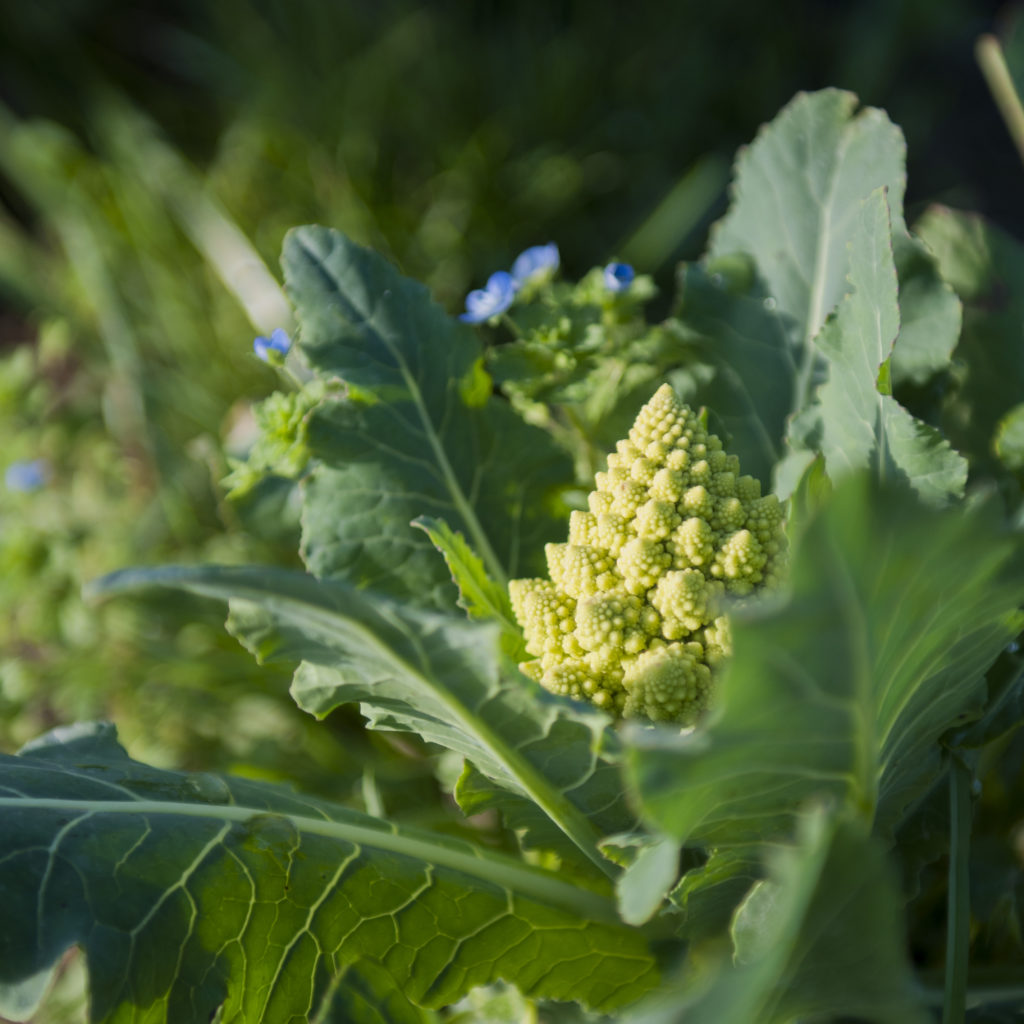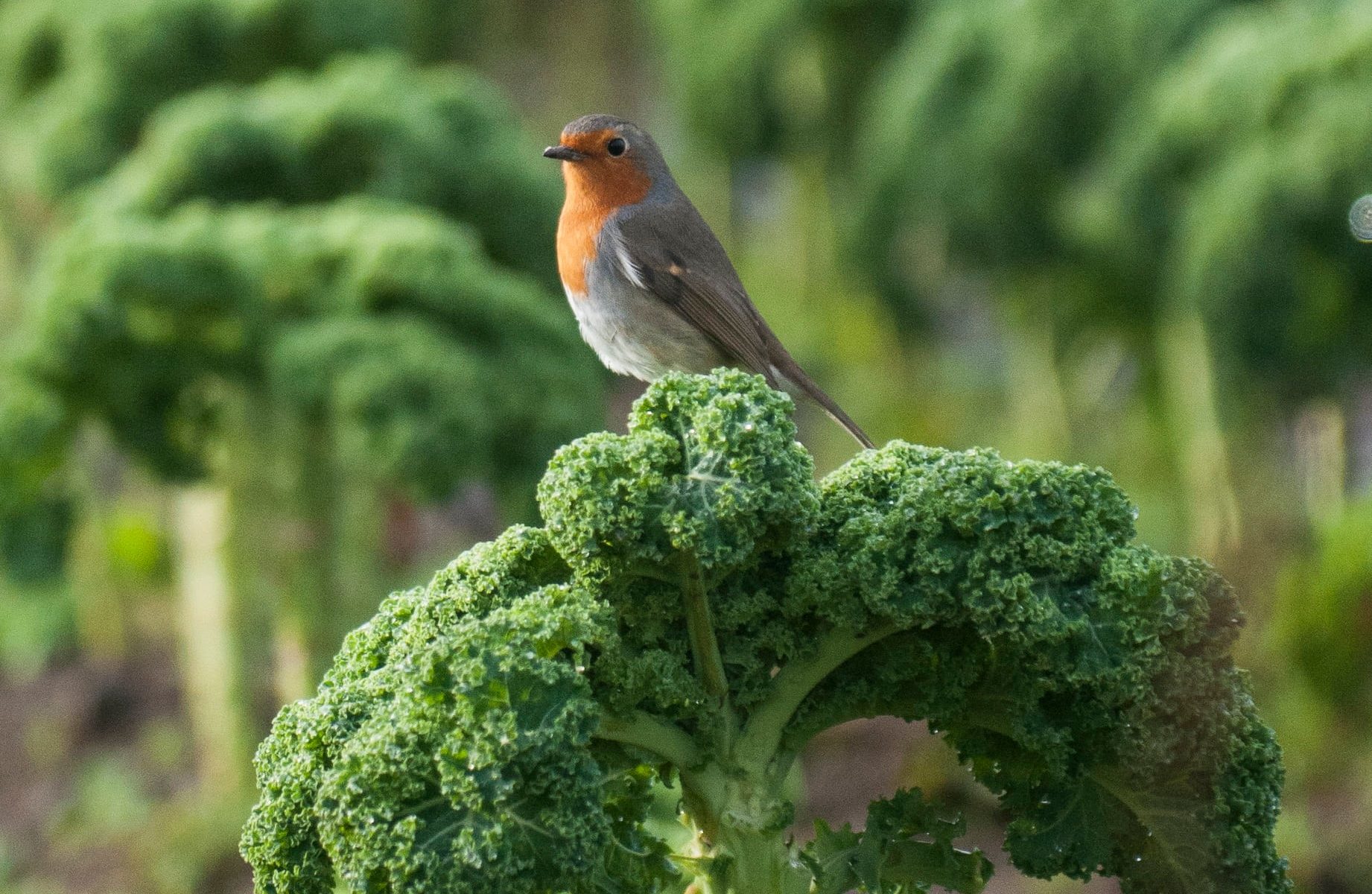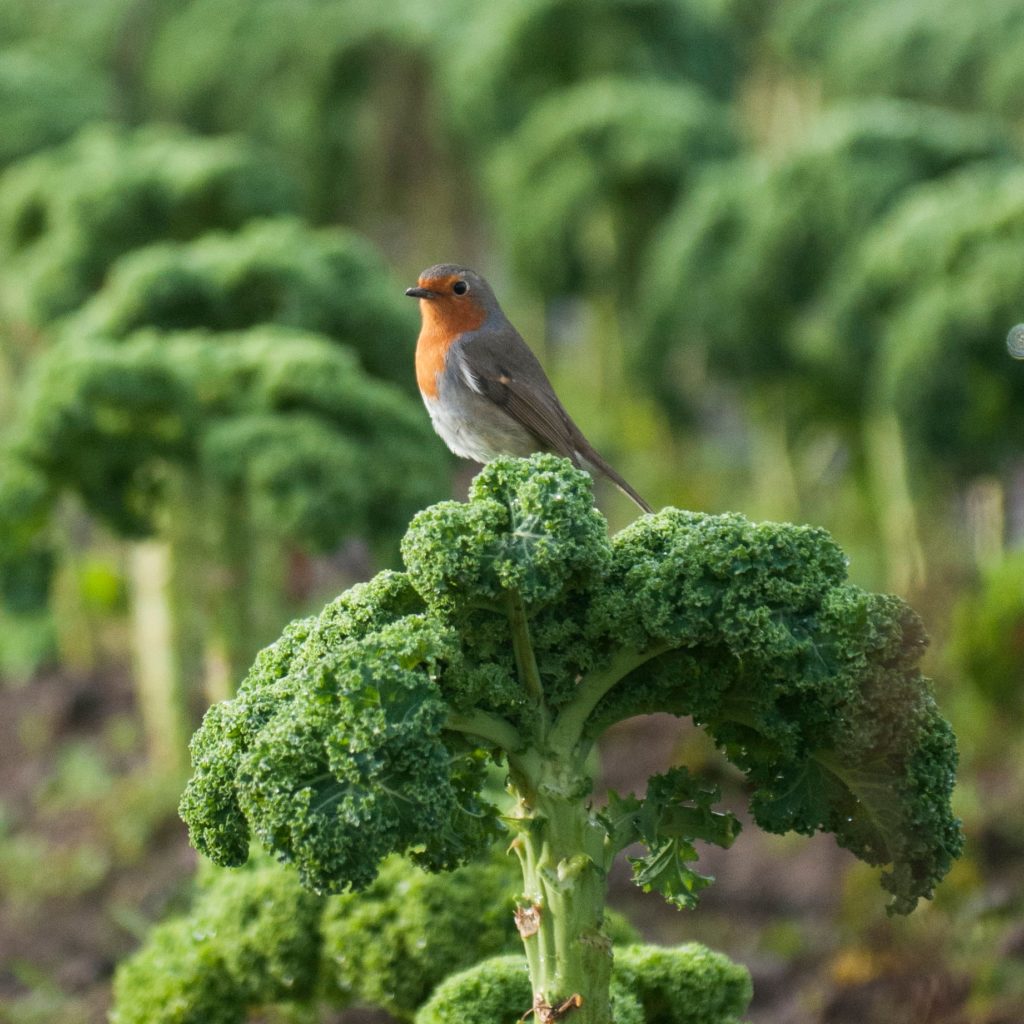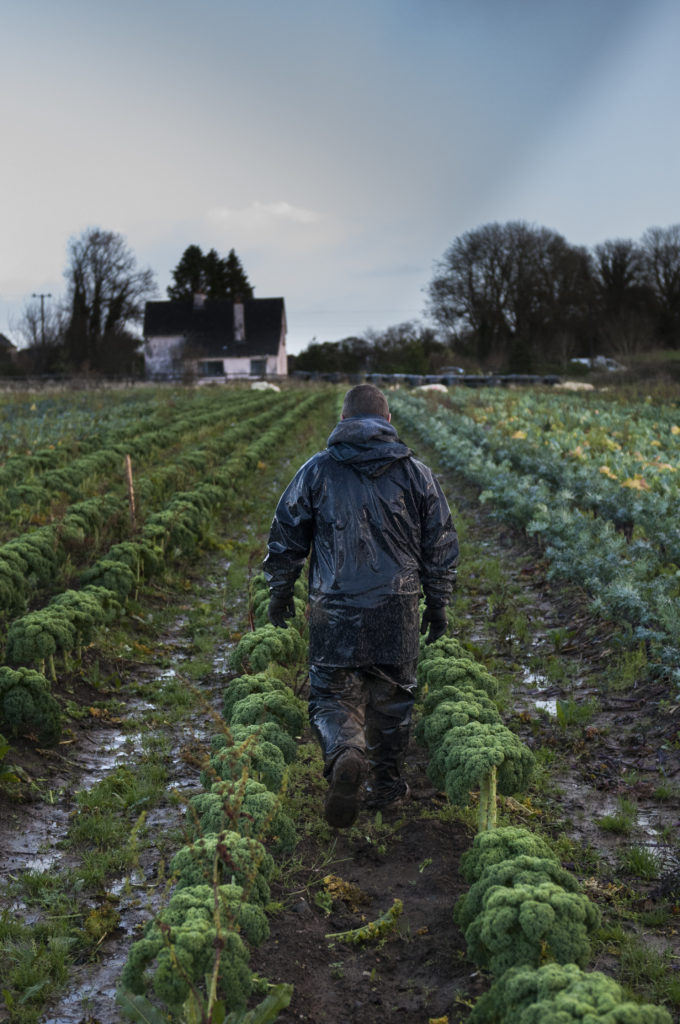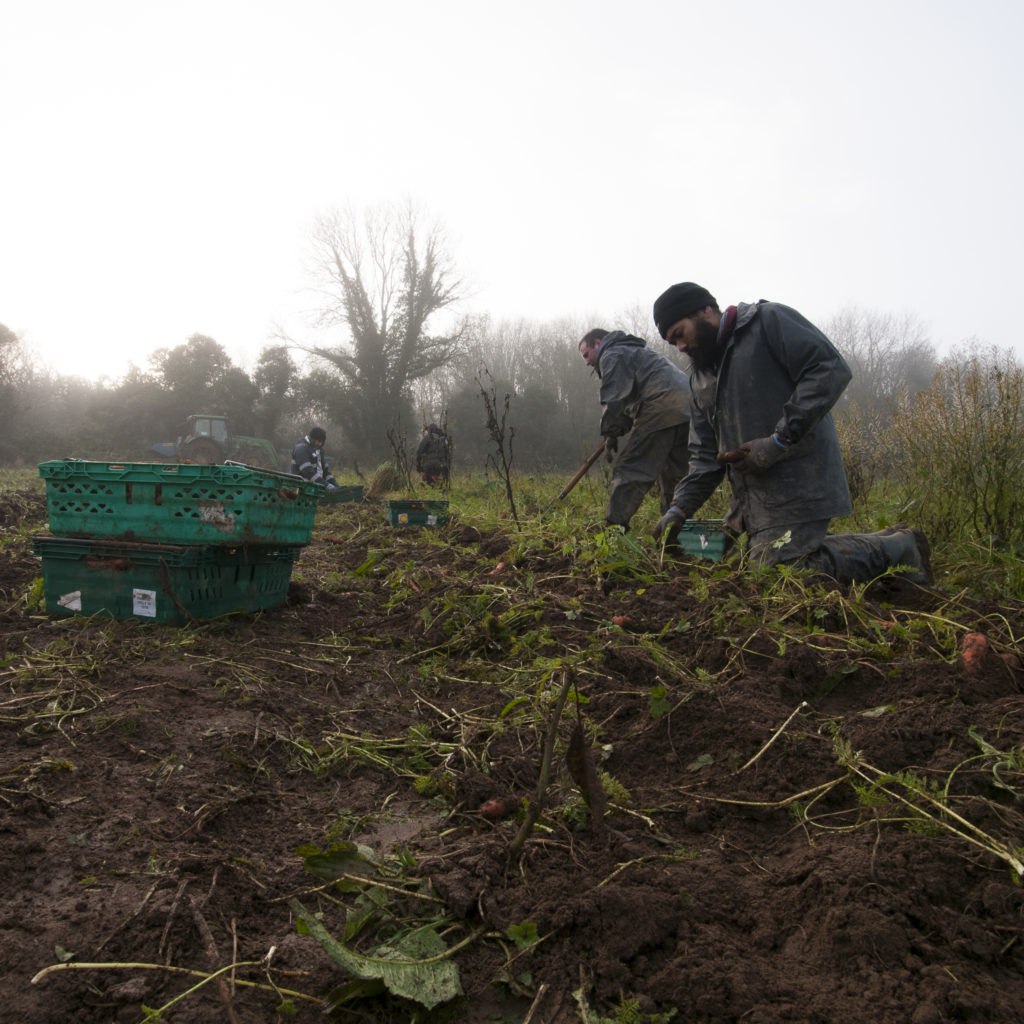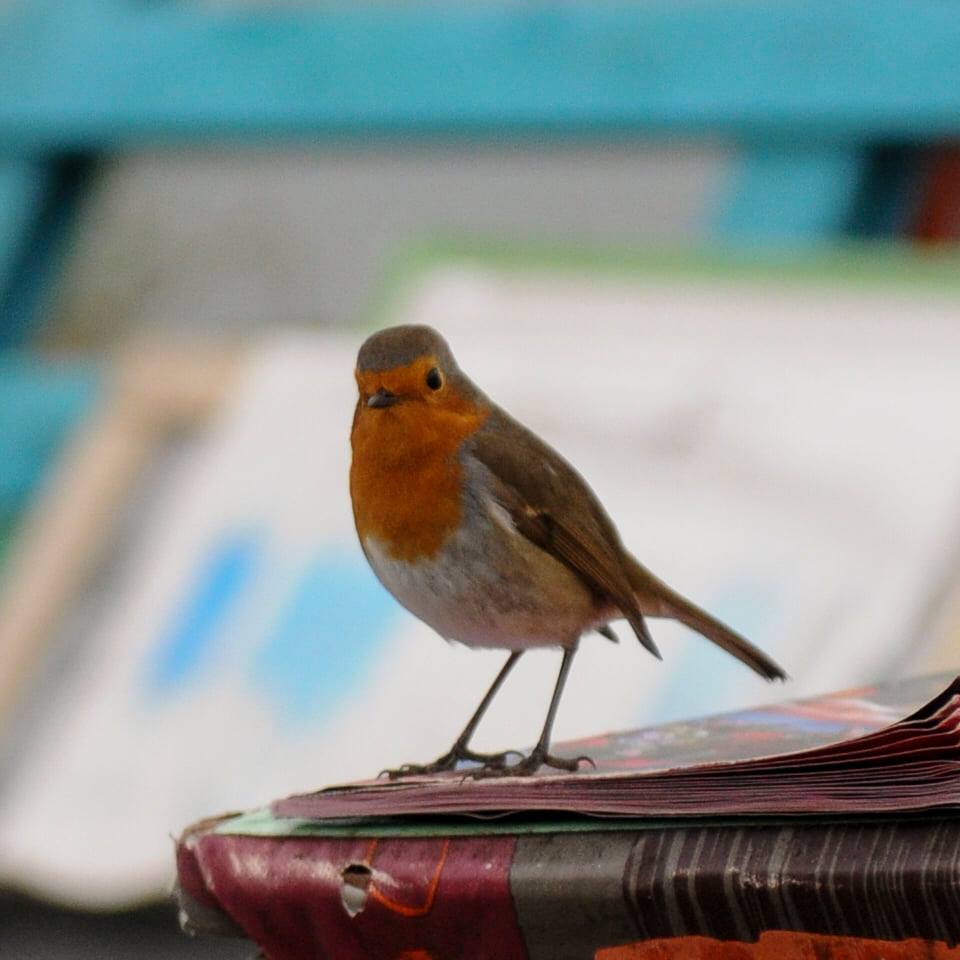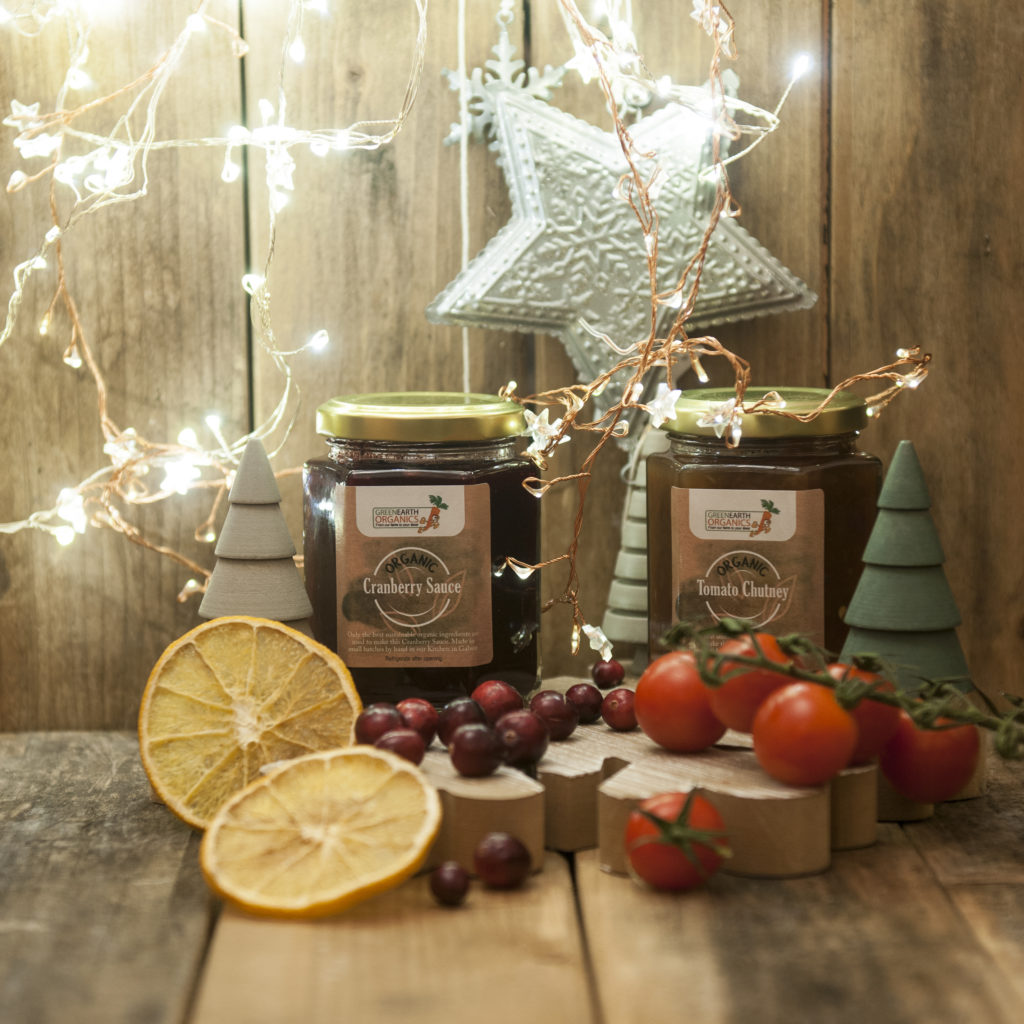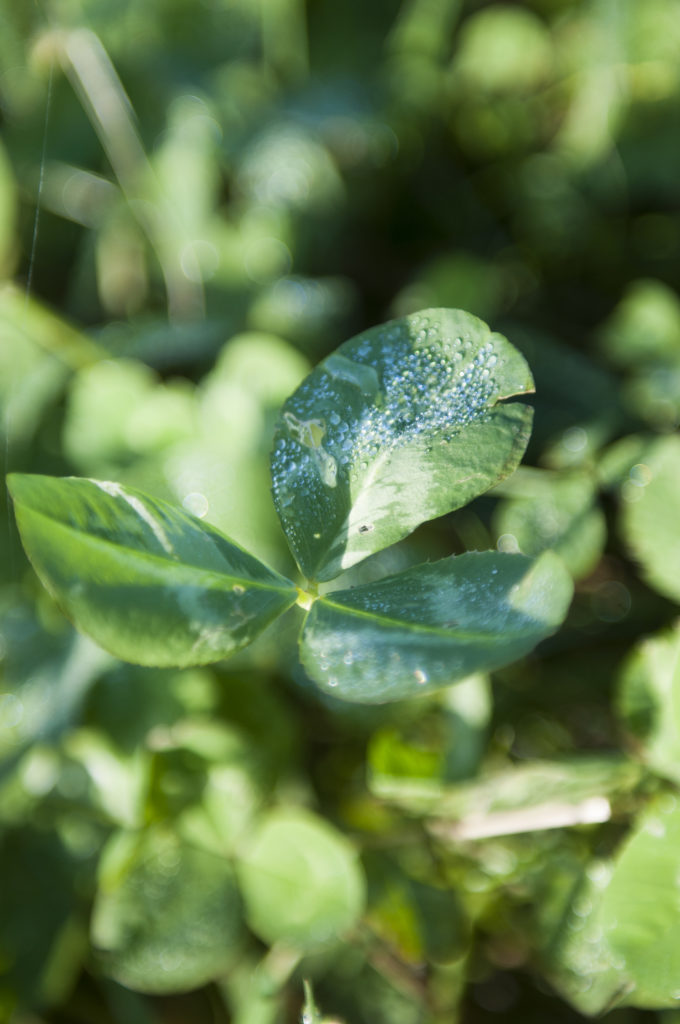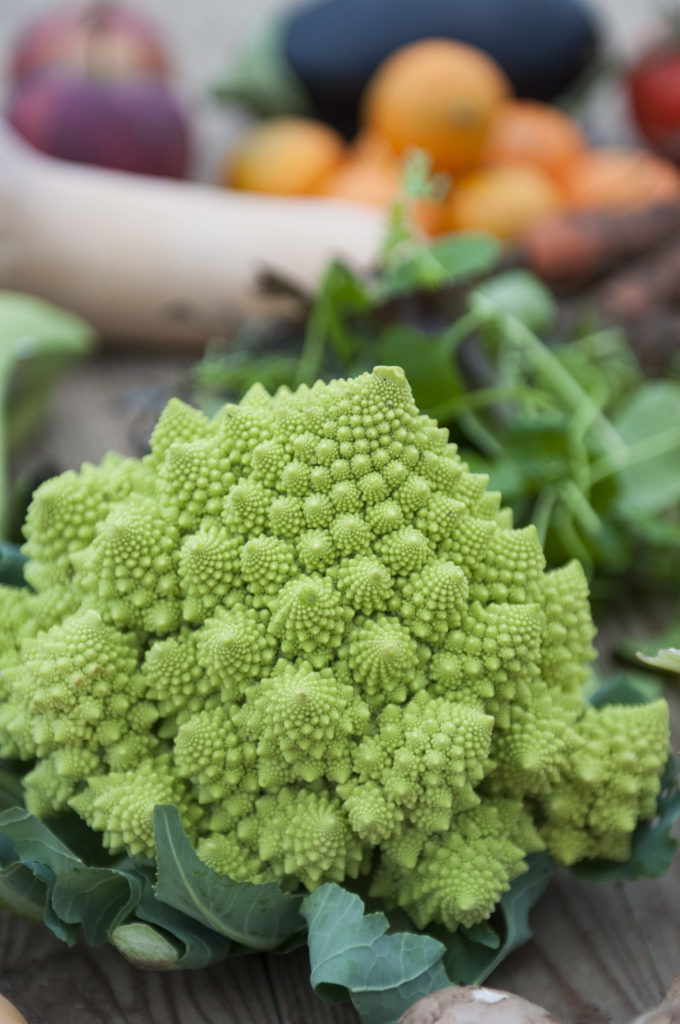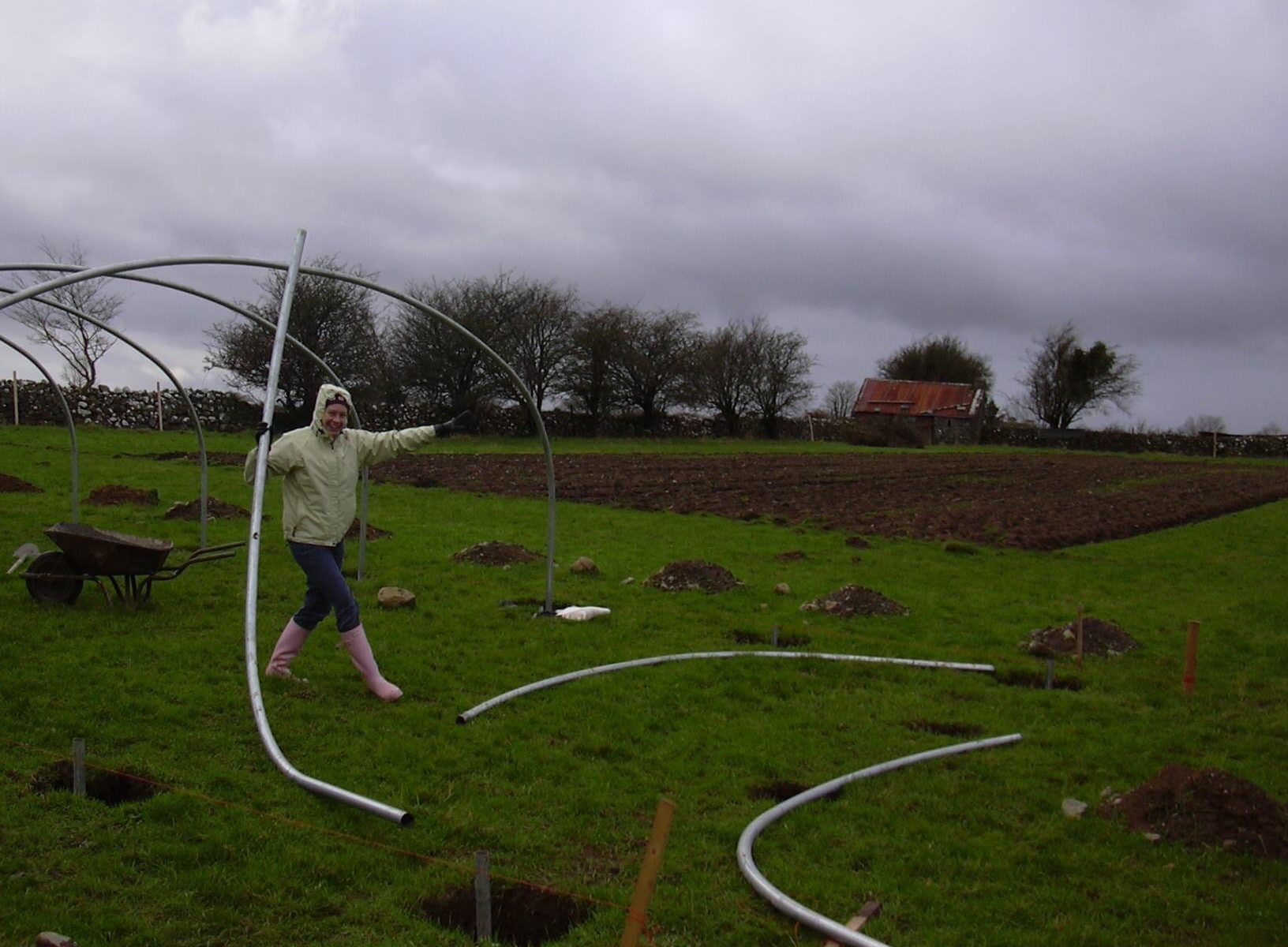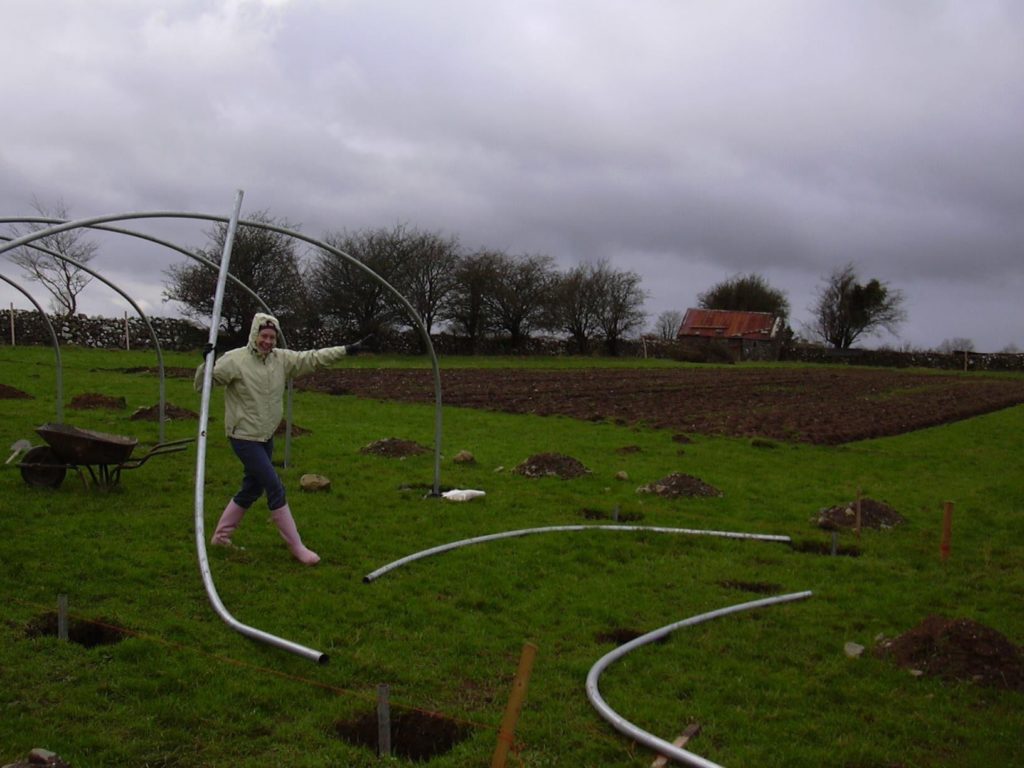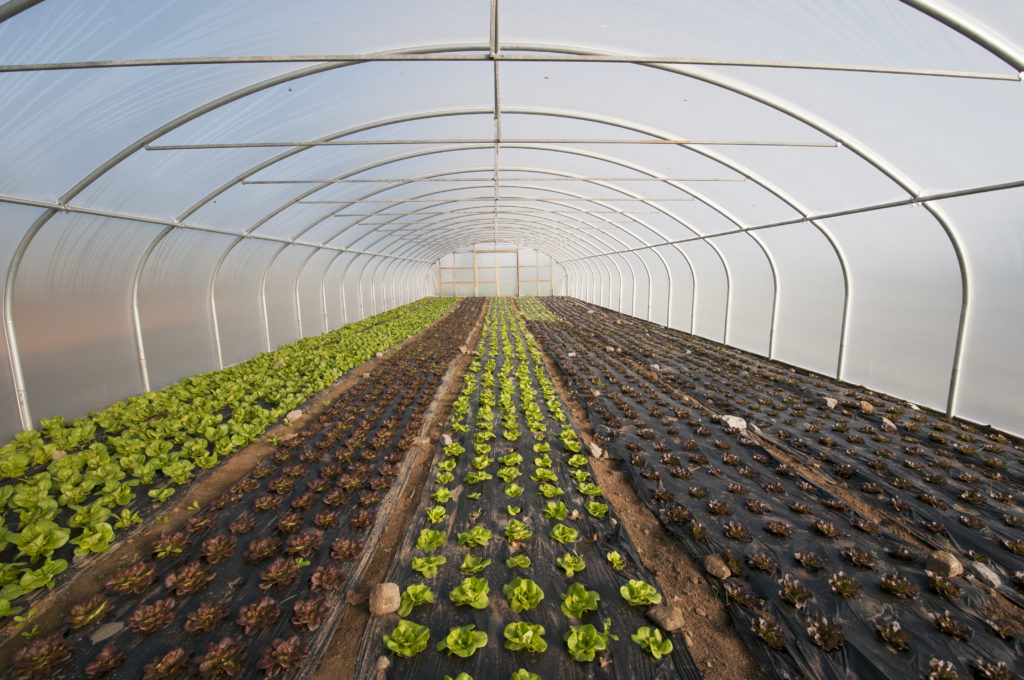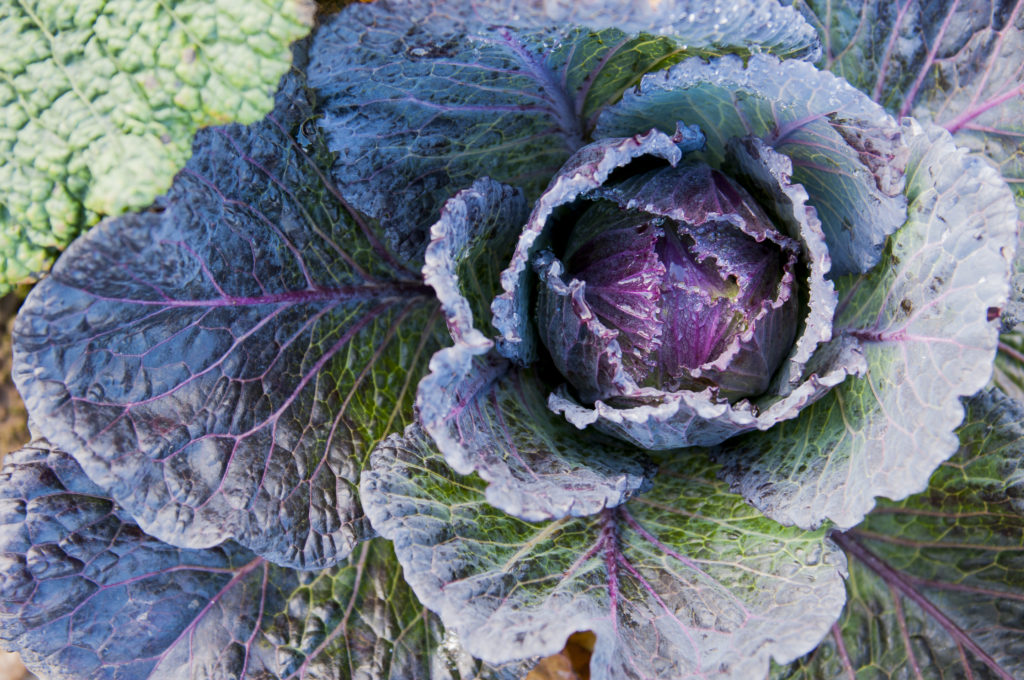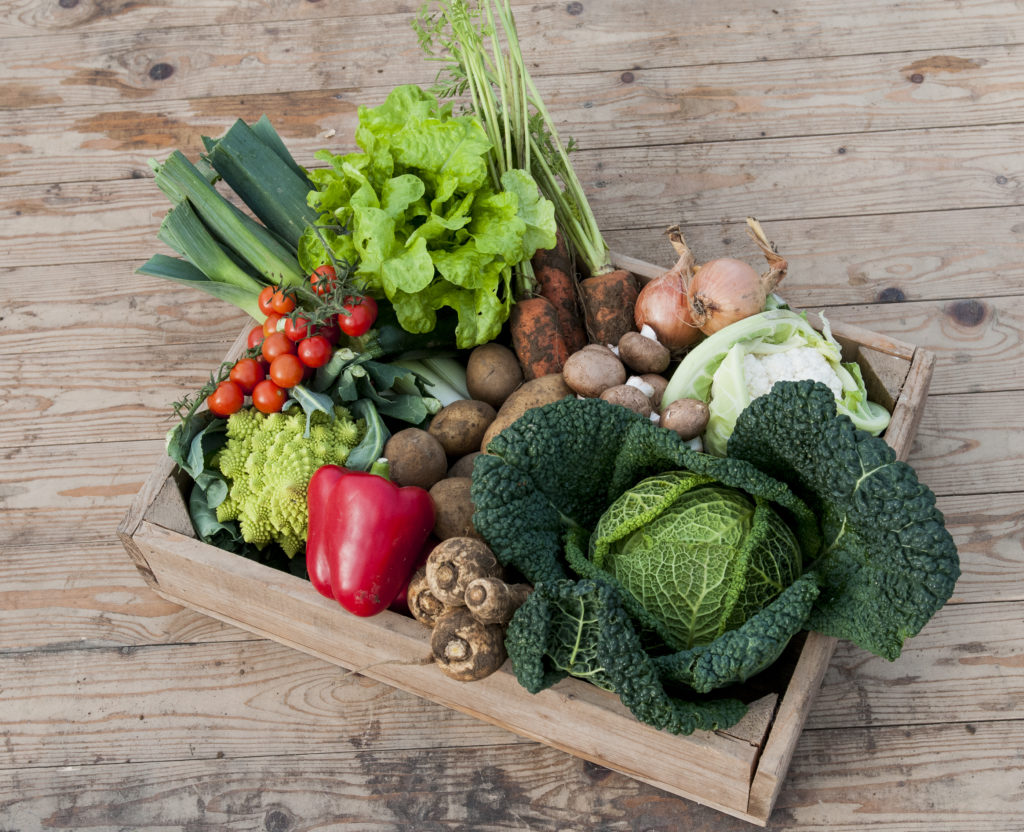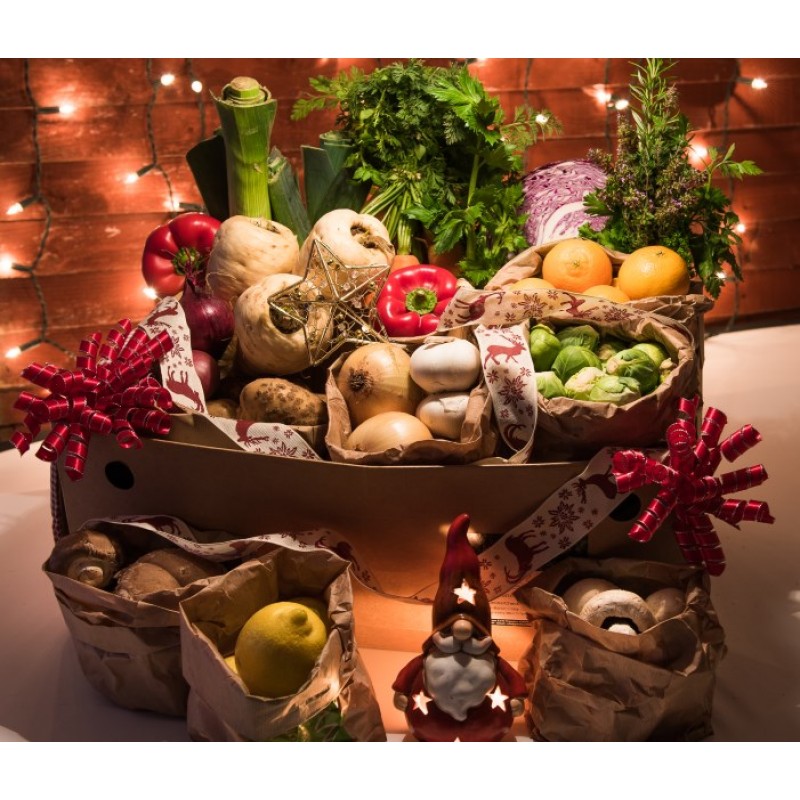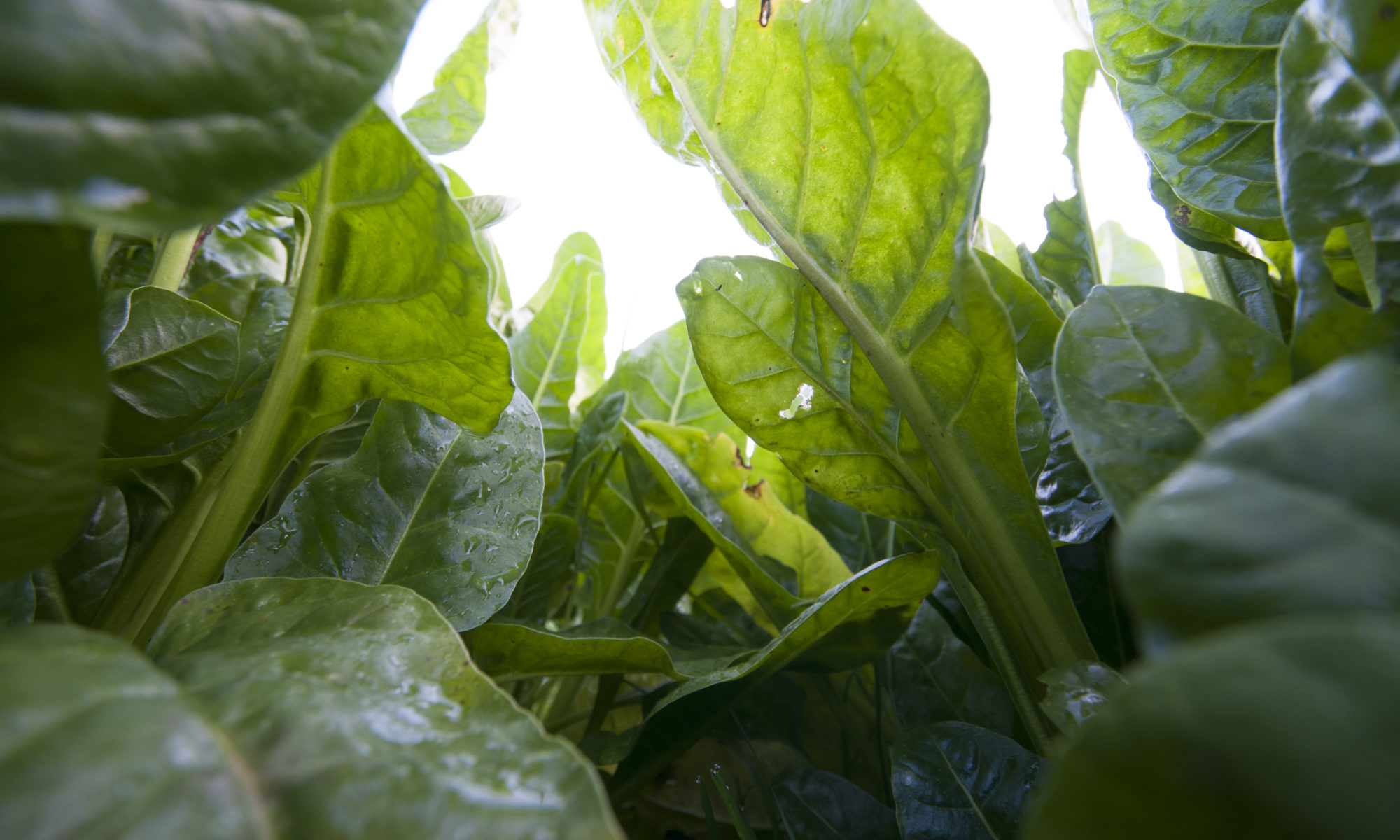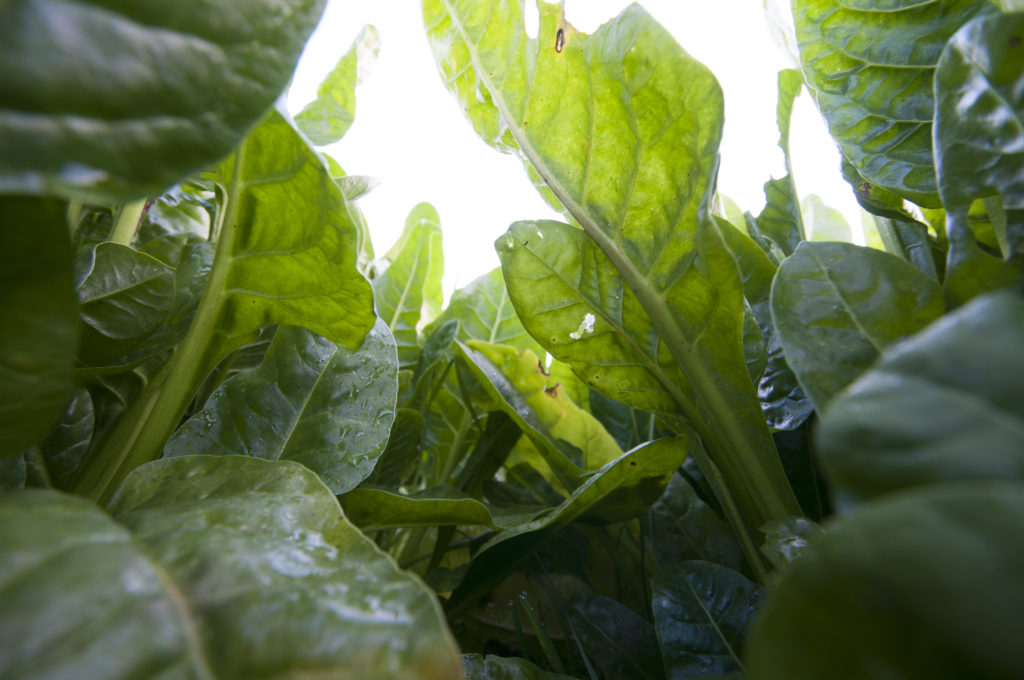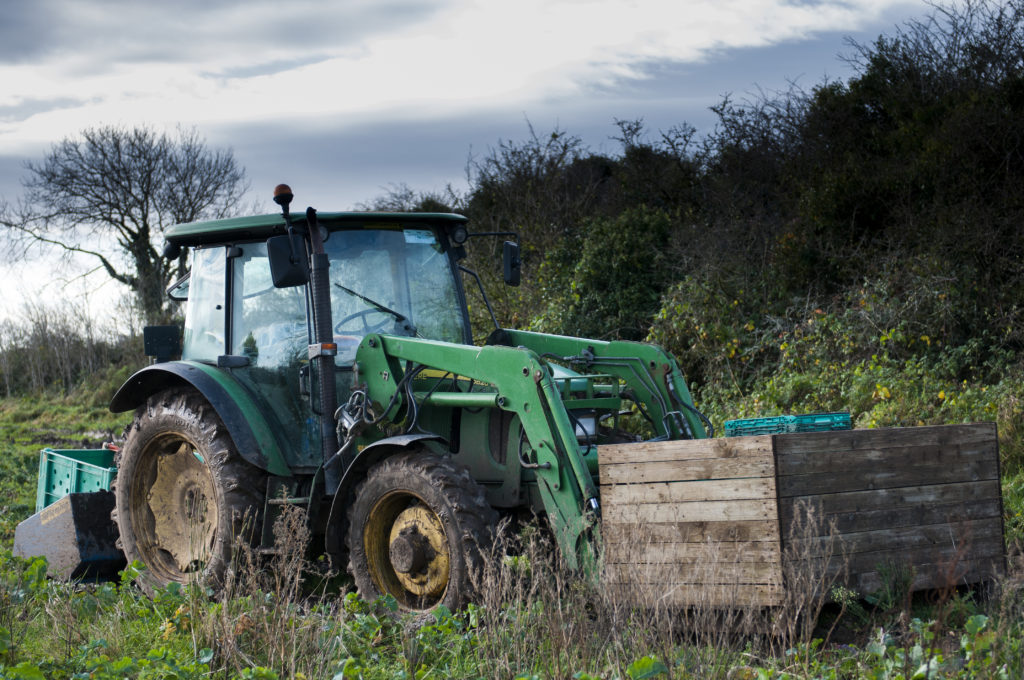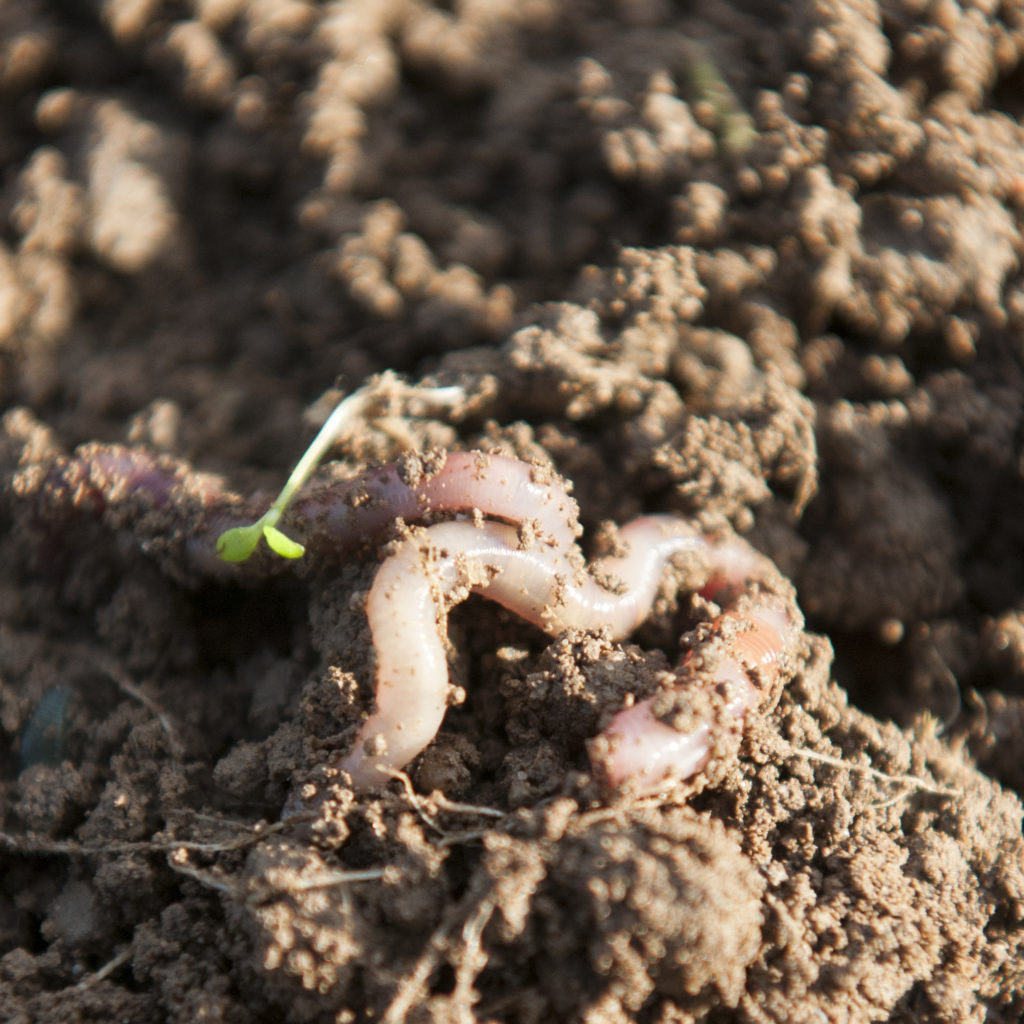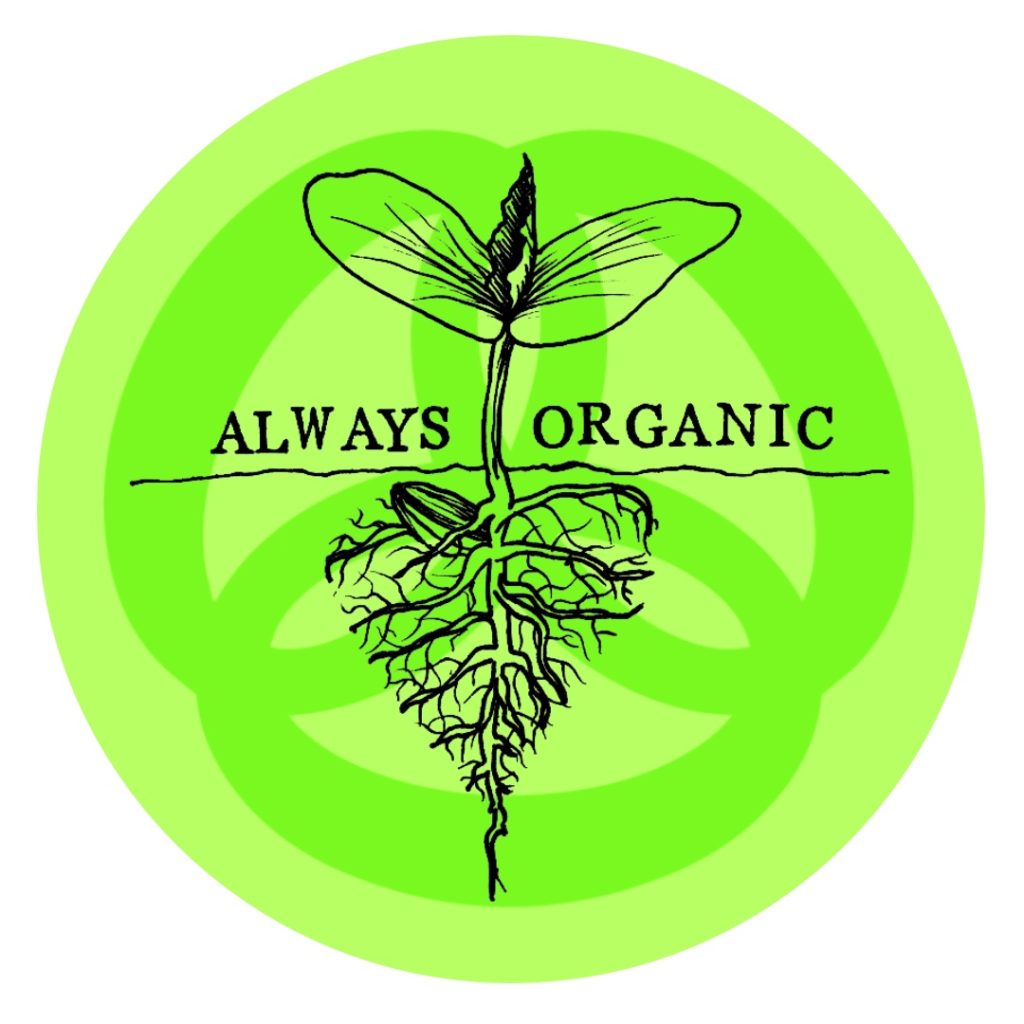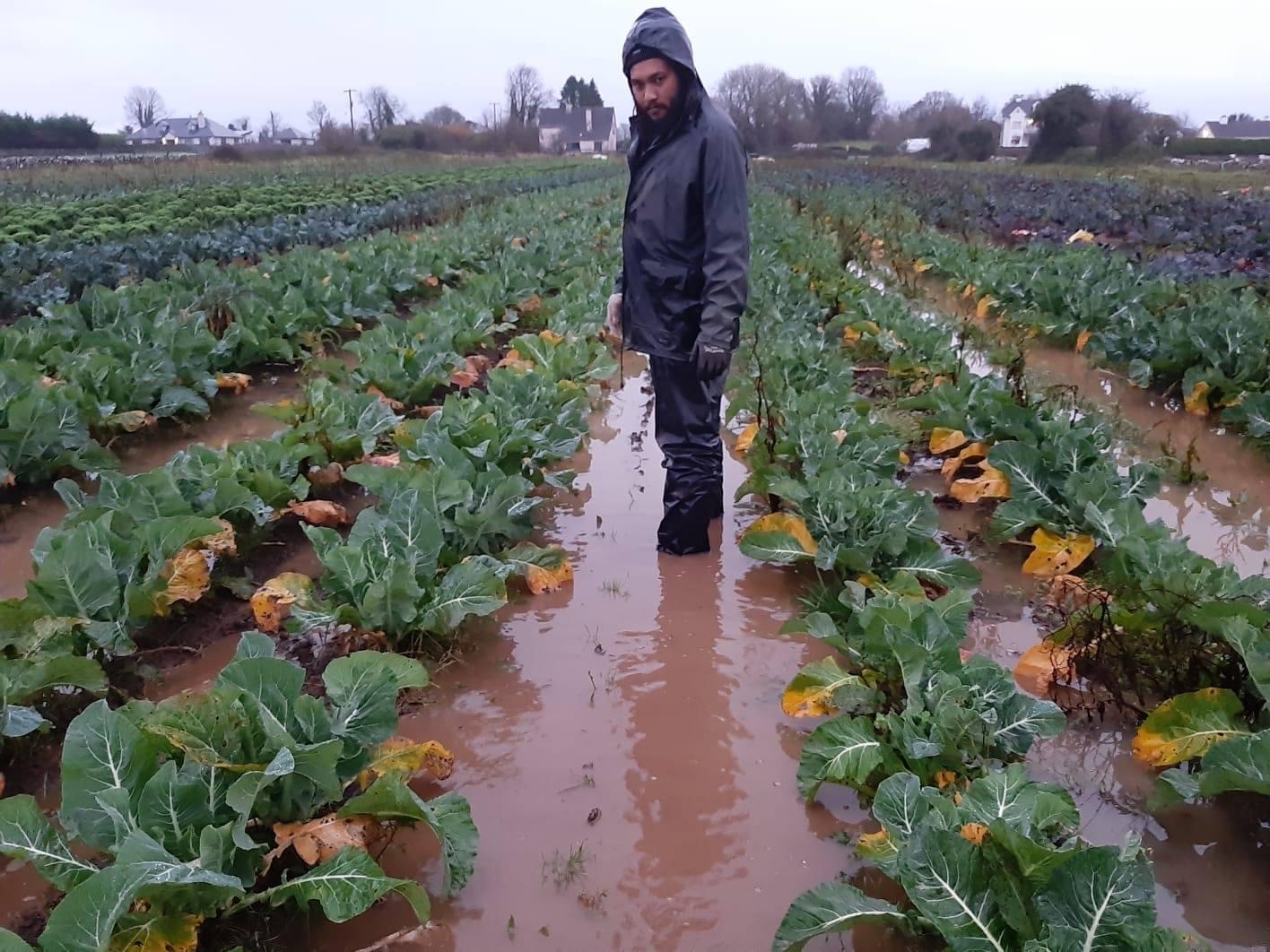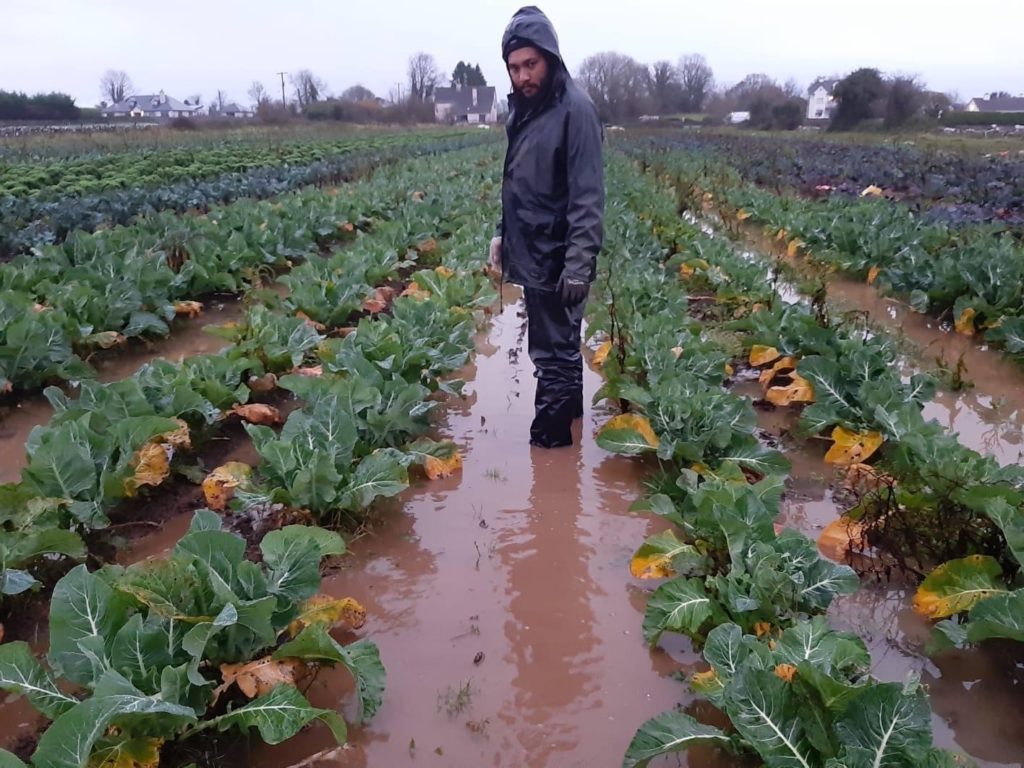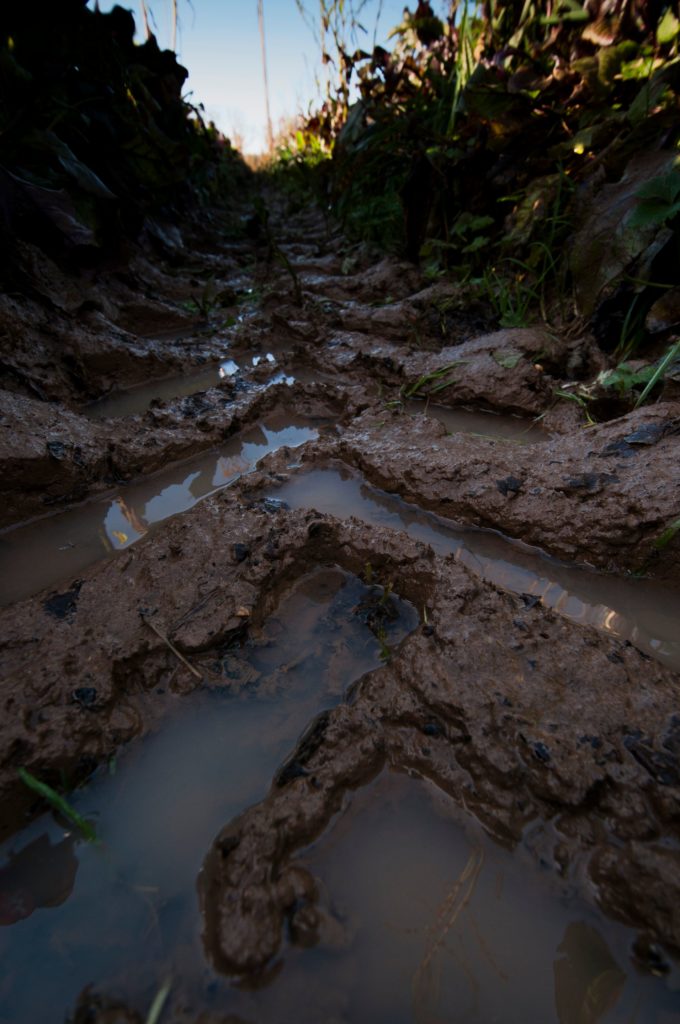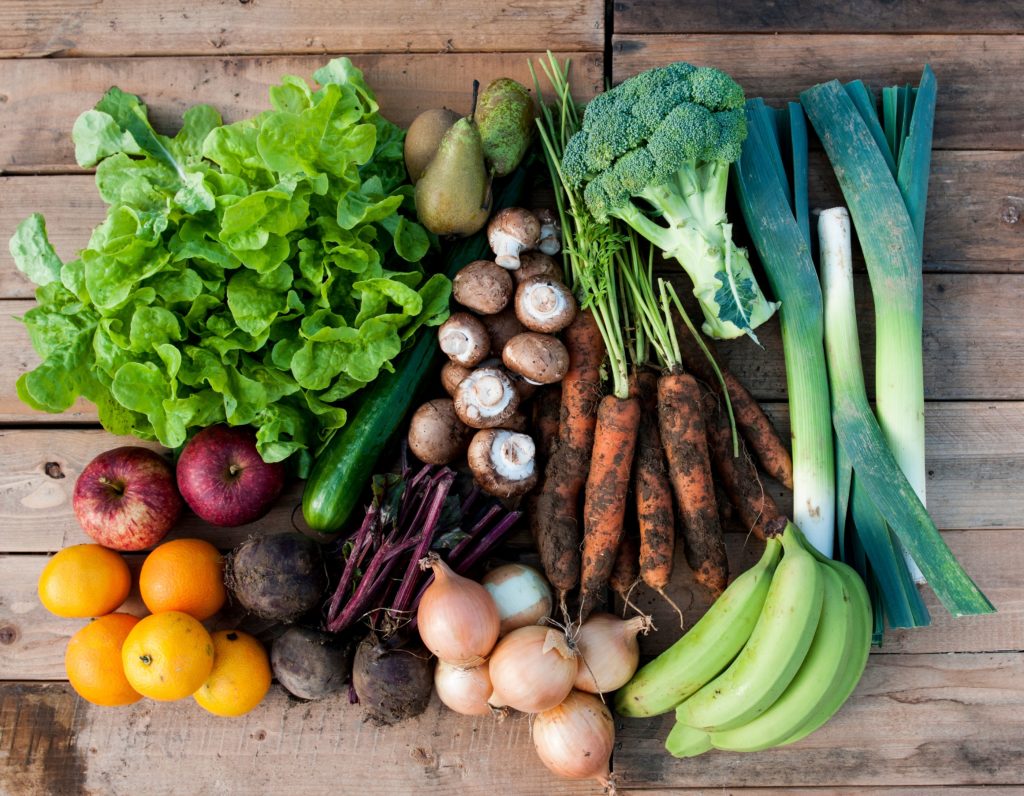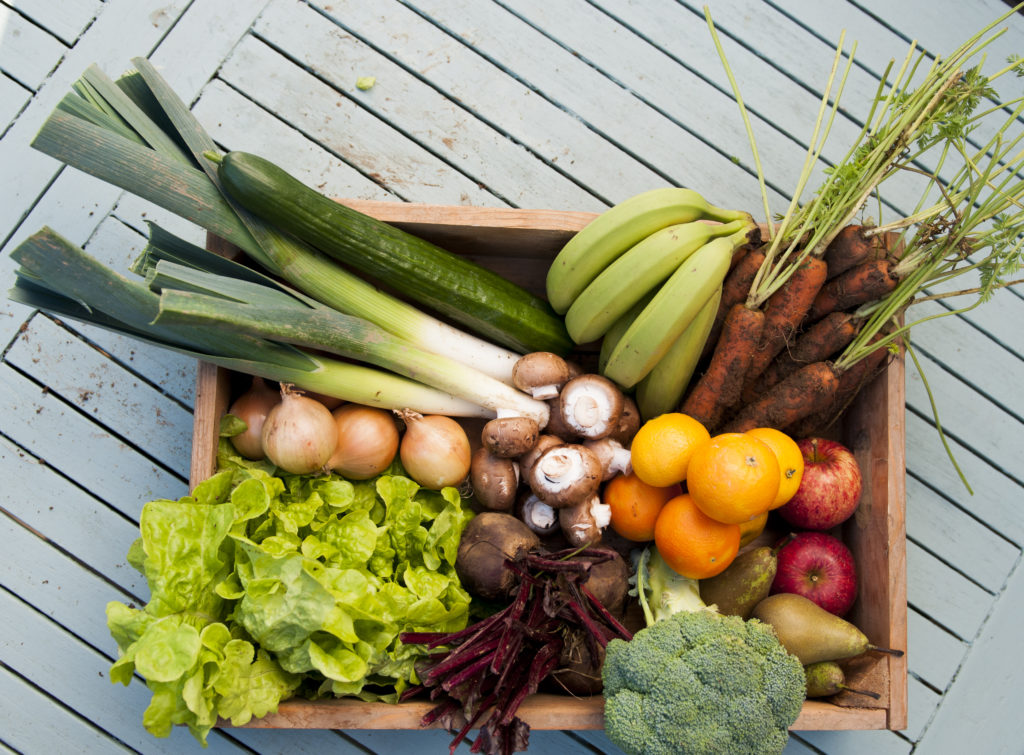“The best time to plant a tree was twenty years ago the next best time is now”
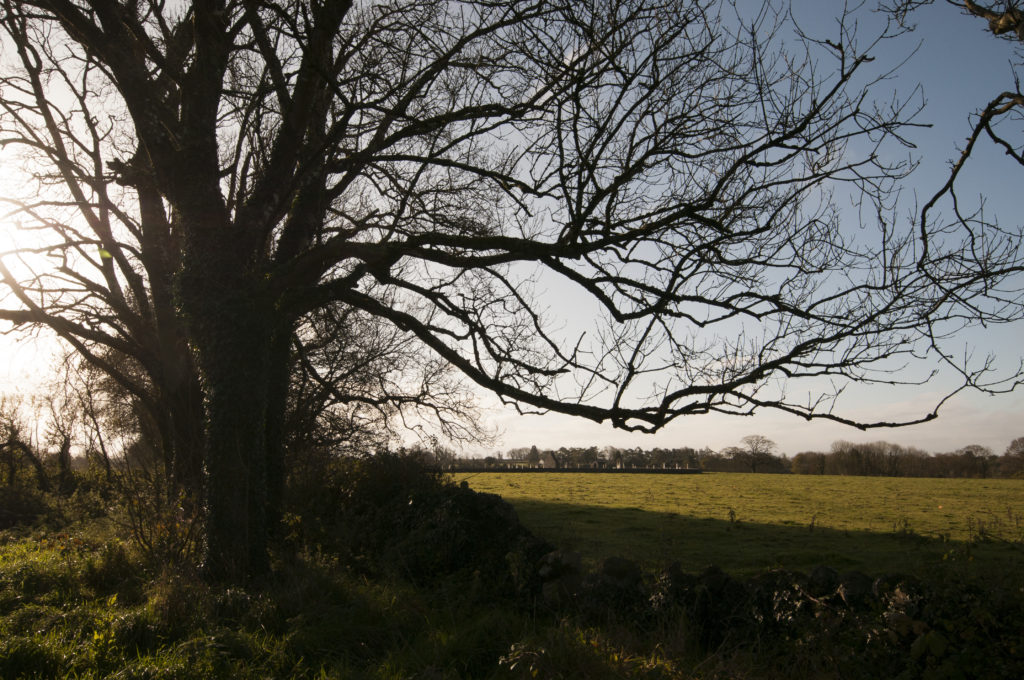
I realised it was 2004 when we planted our first trees, three thousand in total in that year. Those trees are now not too far off the 20-year mark. This realisation was scary, time flies.
I have been thinking about trees over the past few days. We promised that we would plant a tree for every Christmas box ordered.
In total we had 700 Christmas boxes out of about 1500 orders, and we aim to plant over 1000 trees as a result.
In trying to figure out the best trees to plant, we decided we wanted something native, that supports biodiversity but does not block out too much light as we will have to plant crops close to these trees, and we settled predominately on the hawthorn.
It is such a wonderful native Irish tree, its colours through the year are magnificent from the amazing white blossom in May to the beautiful red of the leaves in autumn. The hawthorns as also a haven for biodiversity. We will plant 1000 hawthorn interspersed with oak, mountain ash, birch and Scots pine.
Hawthorn is also considered a magical tree and forms a significant part of our rural heritage here in Ireland, being heavily associated with Faery rings.
In choosing the hawthorn we wanted to re-establish a natural hedge along our boundary walls to replace fifty fully grown hawthorn threes that were cut down by one of our neighbours some years back. These trees could have been over 100 years old; I was saddened and angry by this but unfortunately cutting trees and clearing ground is a story that plays out up and down our country.
Trees are amazing plants, not only do they provide nearly all the oxygen we breath, under the ground they form a symbiotic relationship with a vast network of fungi called mycelium. The tree provides the fungi with food and the fungi provide the tree with nutrients. This relationship demonstrates the interconnectivity of all living things. It is in short, a miracle of nature.
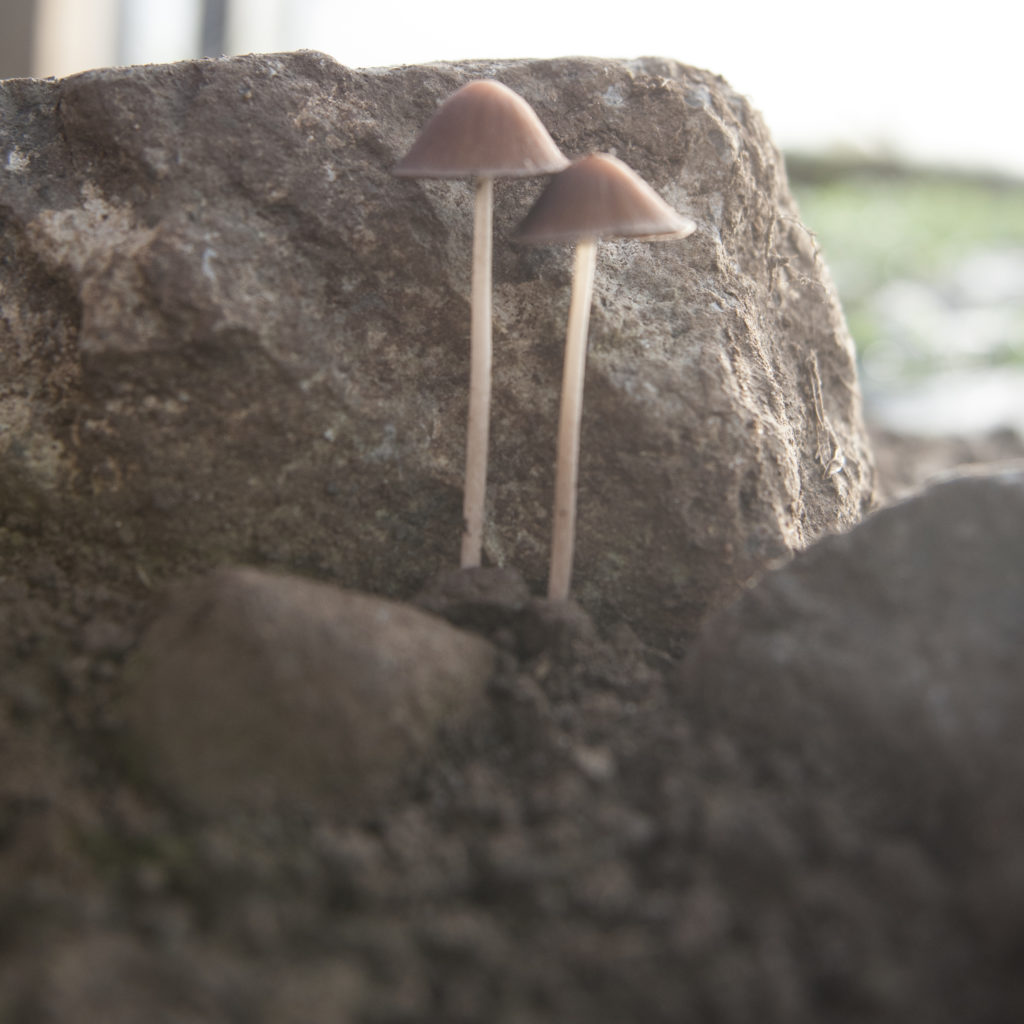
It is a missed opportunity that the powers that be, the system, the rules and regulations do not put tree planting at the very heart of land management. It seems like such a simple step, one that costs very little, takes very little energy, and yields for generations to come.
If we focused a small amount of the investment allocated to such technological advances as carbon capture to planting trees, taking care of our soil and protecting some of the ancient forests left on our planet then we would have a chance at reversing the damage mankind has done to our only home.
Our 5th Pledge for the Planet is to take another step towards being a carbon neutral business, but we plant these trees primarily because we can and because it is the right thing to do.
We will plant 1000 trees in the next month or so and you can join us on Instagram stories to follow our progress.
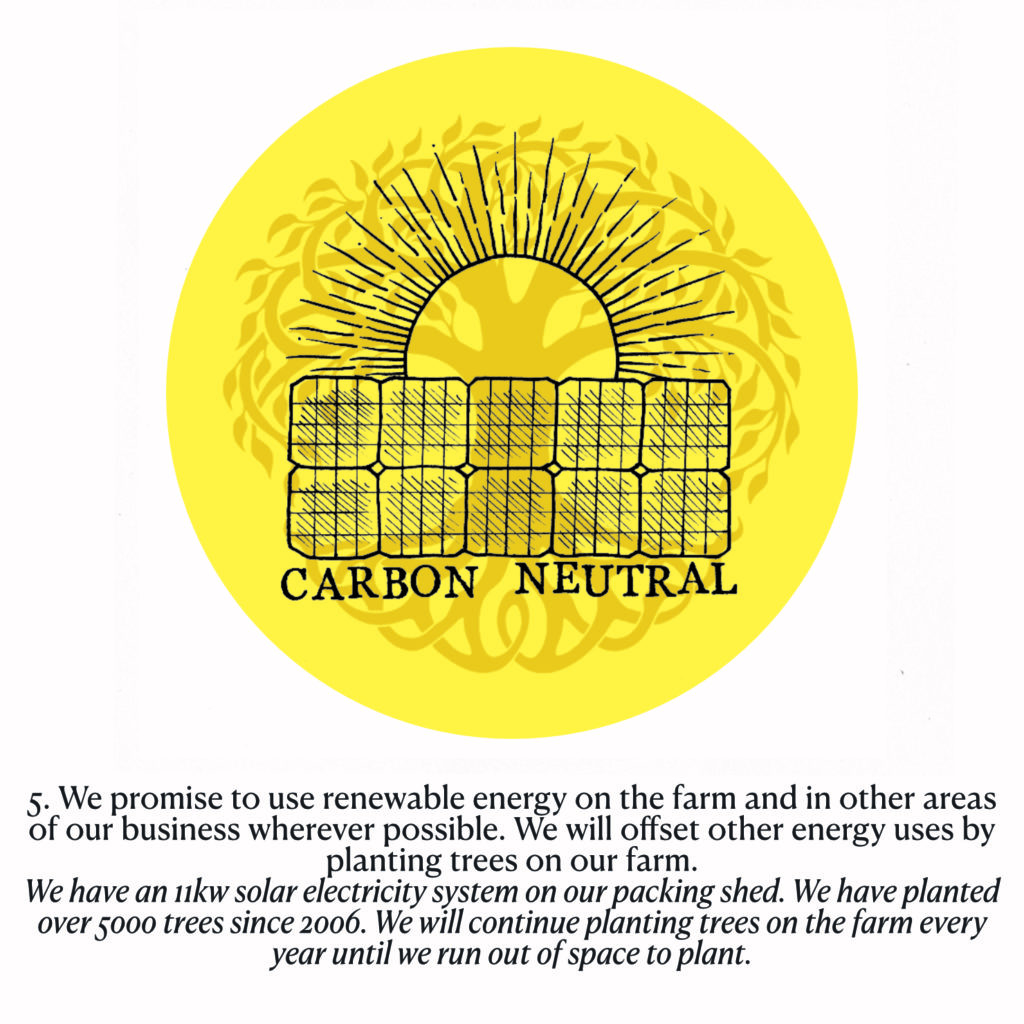
It is only through your support that we can do things like this, you make this tree planting possible.
Thank you
Kenneth

